From the past few decades, the world of information technology is advancing with lightening fast pace. With each advancement, the information technology became more and more cut-throat in terms of competitiveness. Making the entry of newcomers to the market almost impossible without a state of art product to serve. One of such advancements is the cloud technology. Cloud technology became mainstream in the mid 2000’s. Cloud technology turned the traditional way of serving the consumers with a information technology product all the way around! With cloud technology, came the rise of SaaS based applications and software. SaaS became mainstream around late 90’s and mid 2000’s. Although the technology being over 2 decades old, the products based on SaaS in the market right now hardly fulfil the purpose and need of consumers. So, here we are with another blog for the day. Namely, SaaS app testing- a comprehensive guide!
But before we begin with procedure for SaaS app testing, let us give a brief about SaaS technology.
What is SaaS?
SaaS is an abbreviation. It stands for ‘Software as a Service’. SaaS technology is a software distribution scheme which is heavily dependent upon the cloud computing technology. It was initially launched by Salesforce company for their CRM (Customer Relationship Management) platform around late 90’s. Even though, SaaS became popular in the information technology market around the early or mid 2000’s.
SaaS technology is essentially a use over the internet product. Mostly, with a monthly charge for access. SaaS products are usually available to use from mobile application or desktop software or website access. With SaaS technology, the users no longer are required to install and run the software or applications on their devices. They can directly access the services over the internet. For distribution of mass general information and data to the public with access to the platform or network, SaaS technology is very handy.
With SaaS technology, the user has to login over the internet to access the information or data liable to the login portal services or company access. For eg., Netflix; it is a SaaS based product or company. As the user can directly login over the internet from Netflix’s login site to access the plethora of series and movies. Therefore, Netflix is a SaaS based service or company!
SaaS technology based services will work as long as there is internet connectivity to the device accessing the information through SaaS company/product.
So now let us begin with the SaaS app testing.
Types of SaaS App Testing
There are different types of SaaS app testing. All of the tests are necessary to be performed for an overall developed and secured product. We explain each in brief below: –
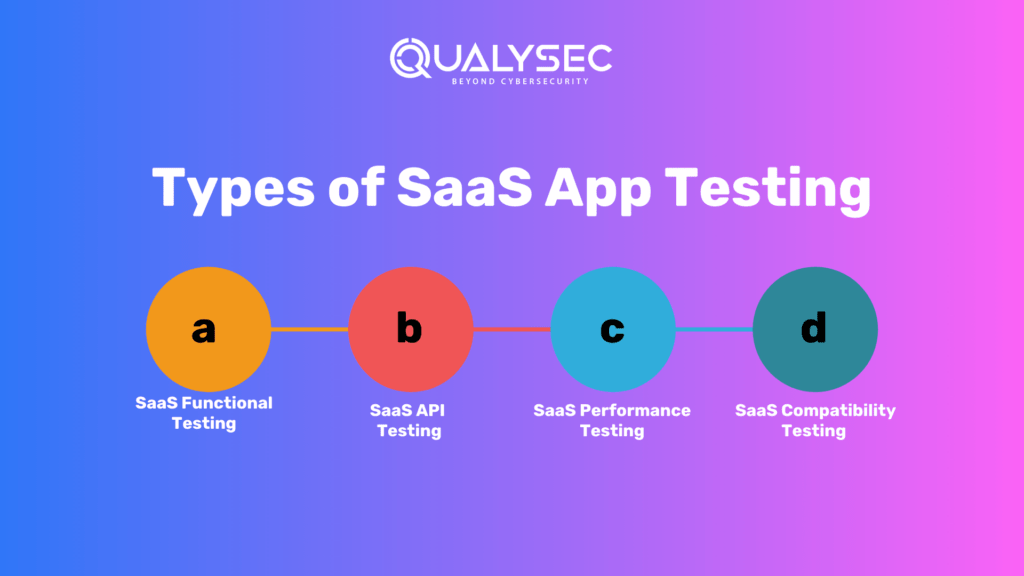
a) SaaS Functional Testing-
Functional tests are to check whether or not a SaaS product performs per expectations. Anyhow, this is of course considering the need and desires of the end user.
SaaS functional testing include the following check ups and testing:
a1) Browser compatibility for the product performance on various browsers.
a2) Regression test for every release, minor update, integration, or data migration.
a3) Functional and regression tests (all automated).
a4) Security tests for defects and product vulnerabilities.
b) SaaS API Testing-
The success of SaaS applications is based on working out scenarios, when a third-party developer creates their own applications using your API and thereby adds value to your product. Therefore, it’s vital to test all API interface functionality, safety, usability, and performance as well as the accuracy of documentation.
c) SaaS Performance Testing-
The performance of each and every data and information application module is to be thoroughly tested. Because, performance is the paramount for any SaaS technology based application or product. Cloud based performance testing ensures SaaS applications can handle high traffic and user loads, delivering seamless user experiences. Moreover, with this the testers can determine the range of performance based on load variation, and the recovery after exceeding load limits the product in real-time.
d) SaaS Compatibility Testing-
The main advantage of the cloud technology is the access to the service without any regards to-
d1) Browsers ( can be Chrome, Safari, Brave and etc.)
d2) Platforms
d3) Operating Systems (can be Windows, Linux, iOS and etc.)
d4) Devices (can be desktops, laptops, mobile phones and etc)
d5) Hardware versions (can be as old as a 2010 laptop to latest market tech)
Therefore, compatibility testing is to test whether or not the SaaS product works with all the above mentioned elements. Although, there is no way to test every existing device and platform on the planet, we have to make sure it at least works with the latest technologies and devices in the information technology industry.
In addition to the above mentioned tests, the SaaS app testing includes the security testing like penetration, QA testing and etc. Moreover, you have make sure that each and every feature of the product works as per expectations of the end consumer.
Conclusion
Finally, we end the blog on SaaS app testing- a comprehensive guide. We sincerely hope that we have helped you understand the testing needs and process for SaaS app testing.
Now, if you do not have an in-house testing team; contact us at QualySec!
We are a team of experienced and expert in their domain testing engineers. QualySec is the India’s best QA, penetration and SaaS app testing service providers!












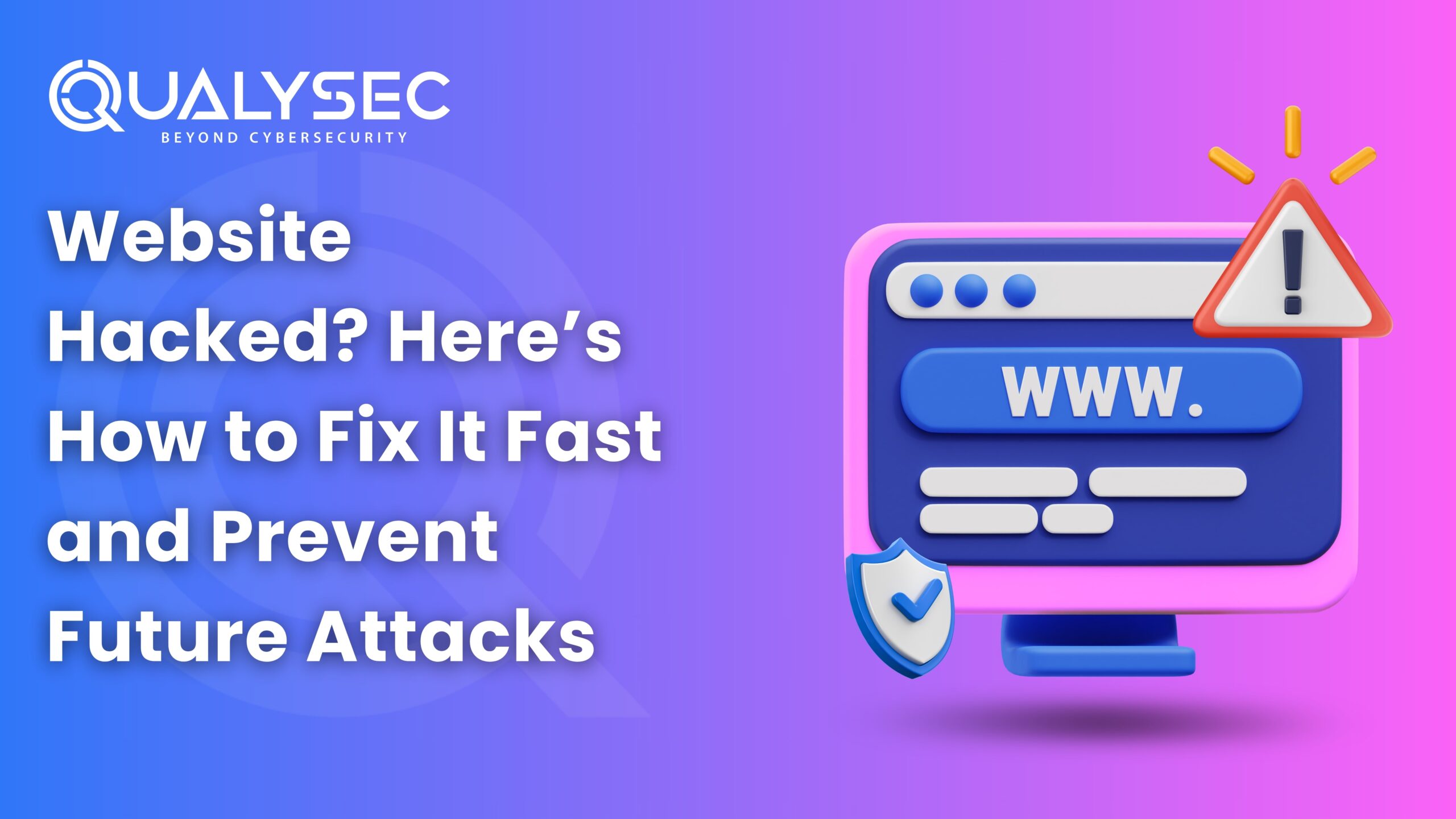

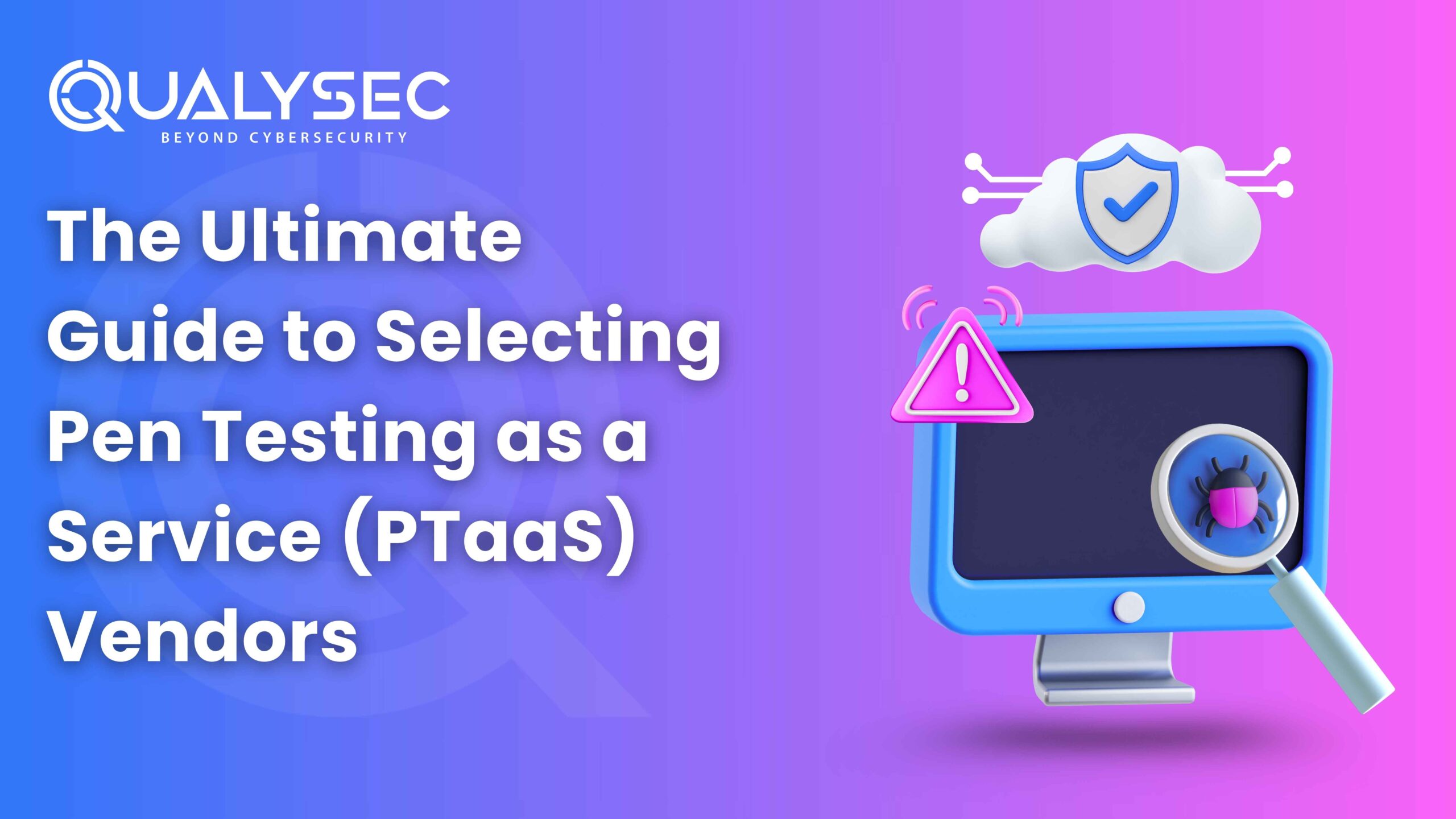

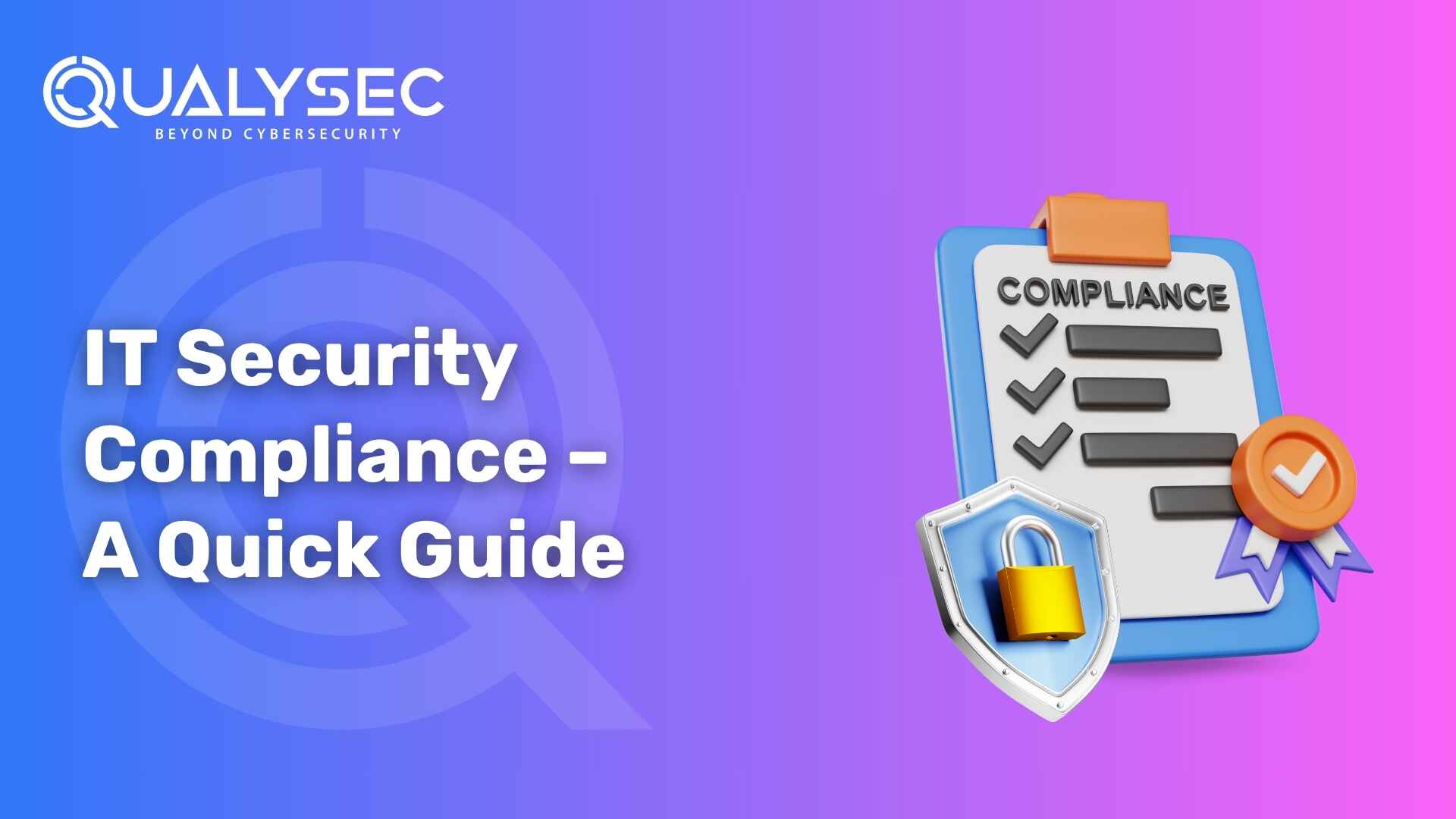
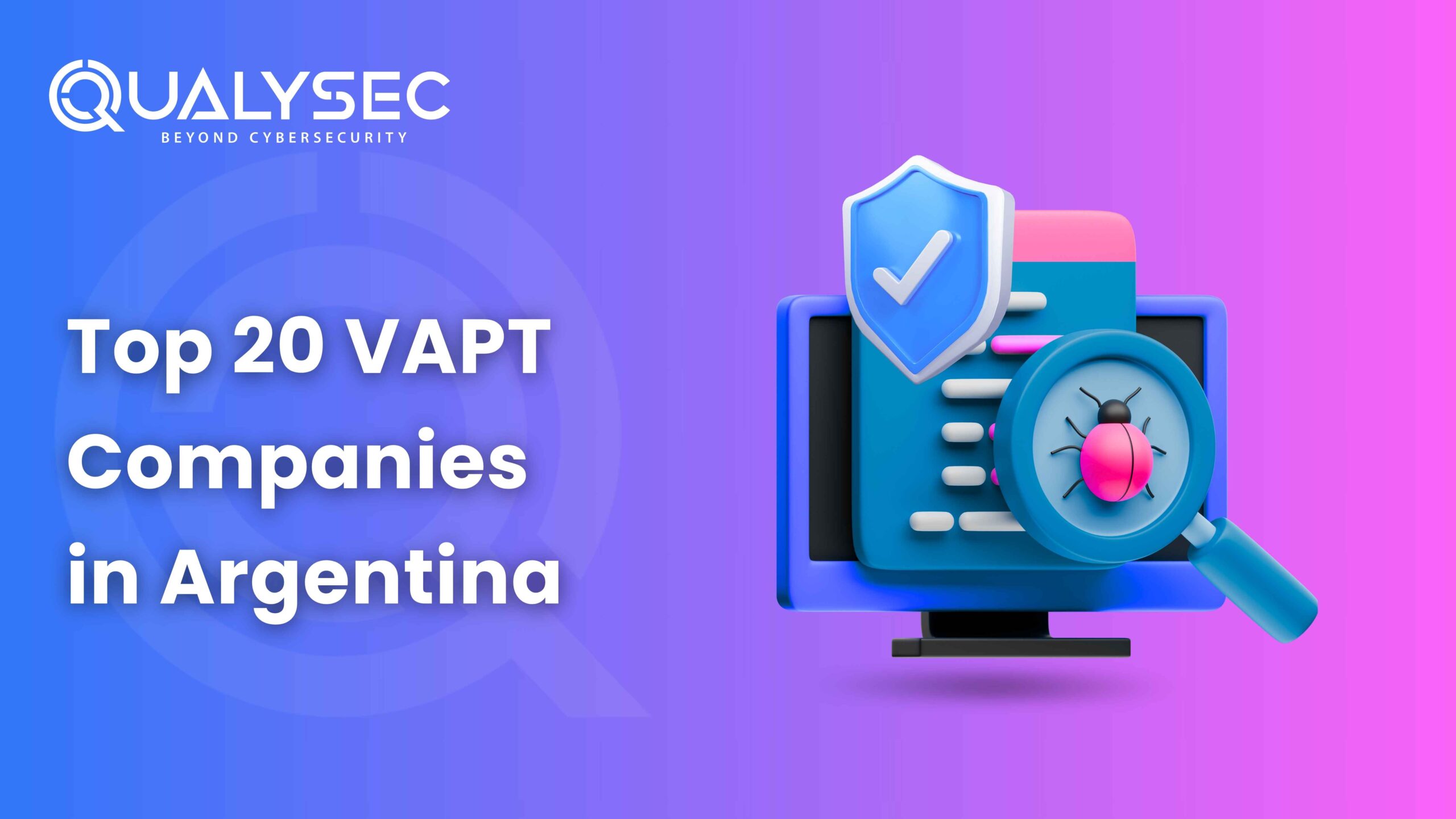
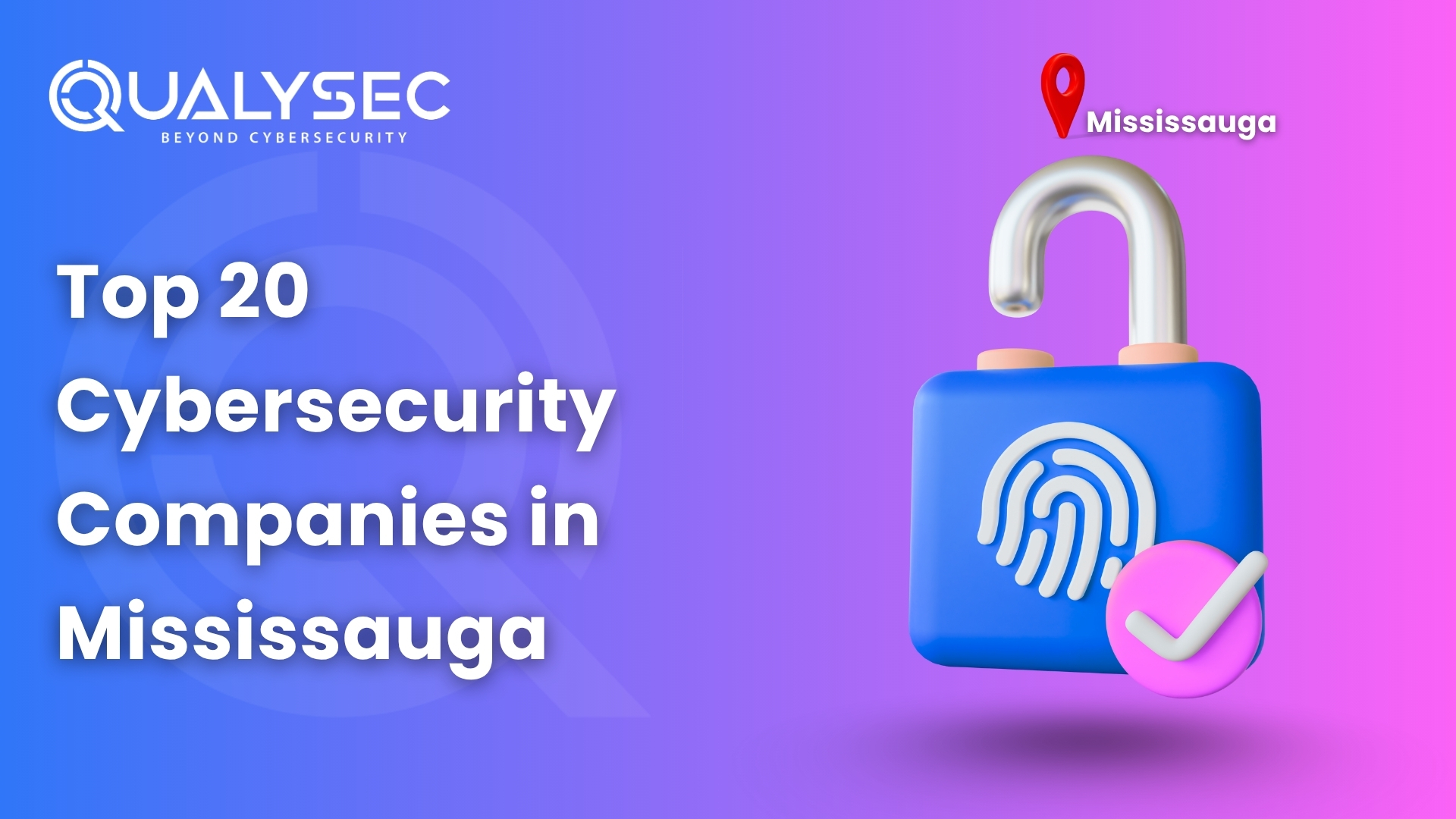

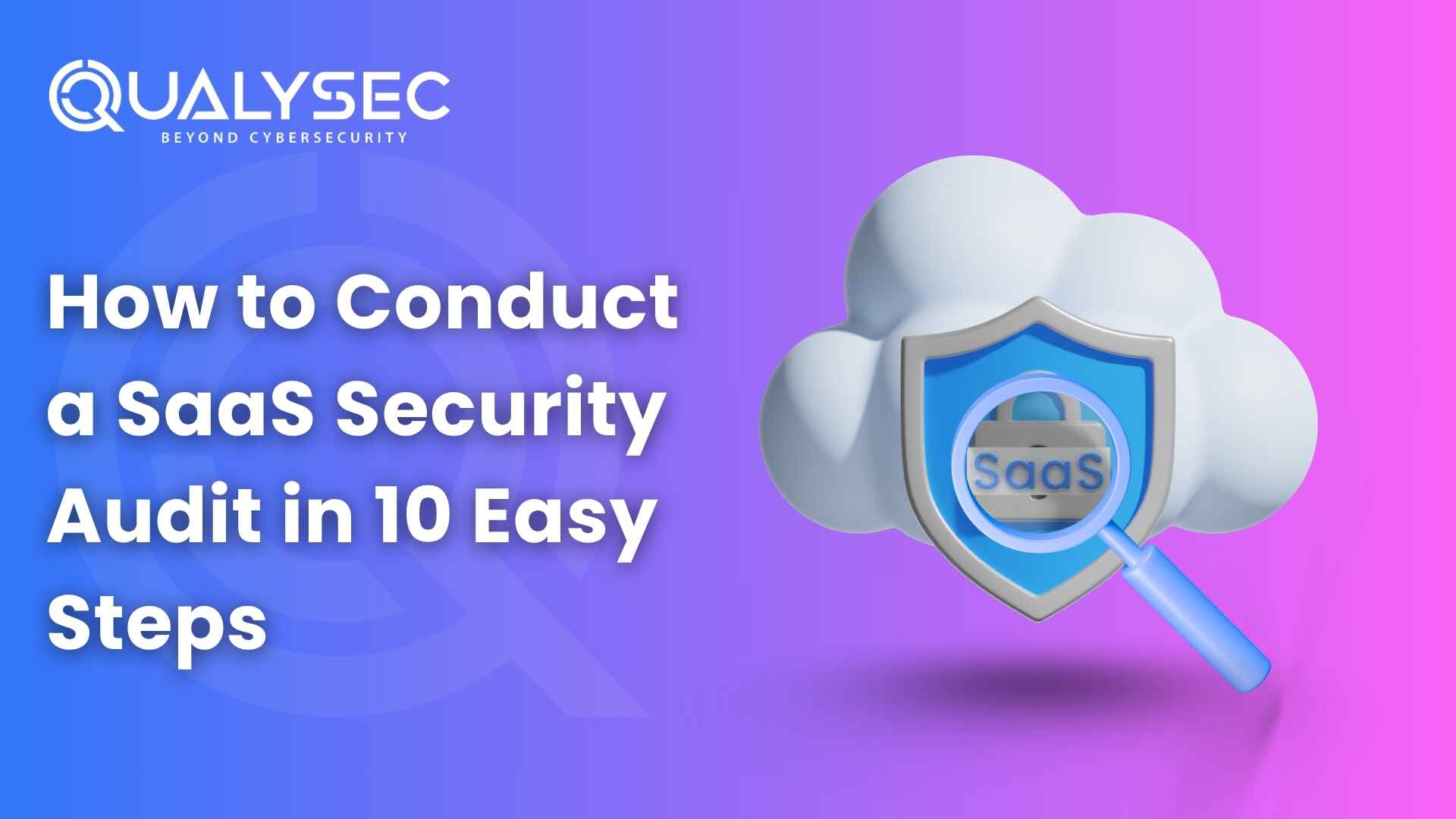


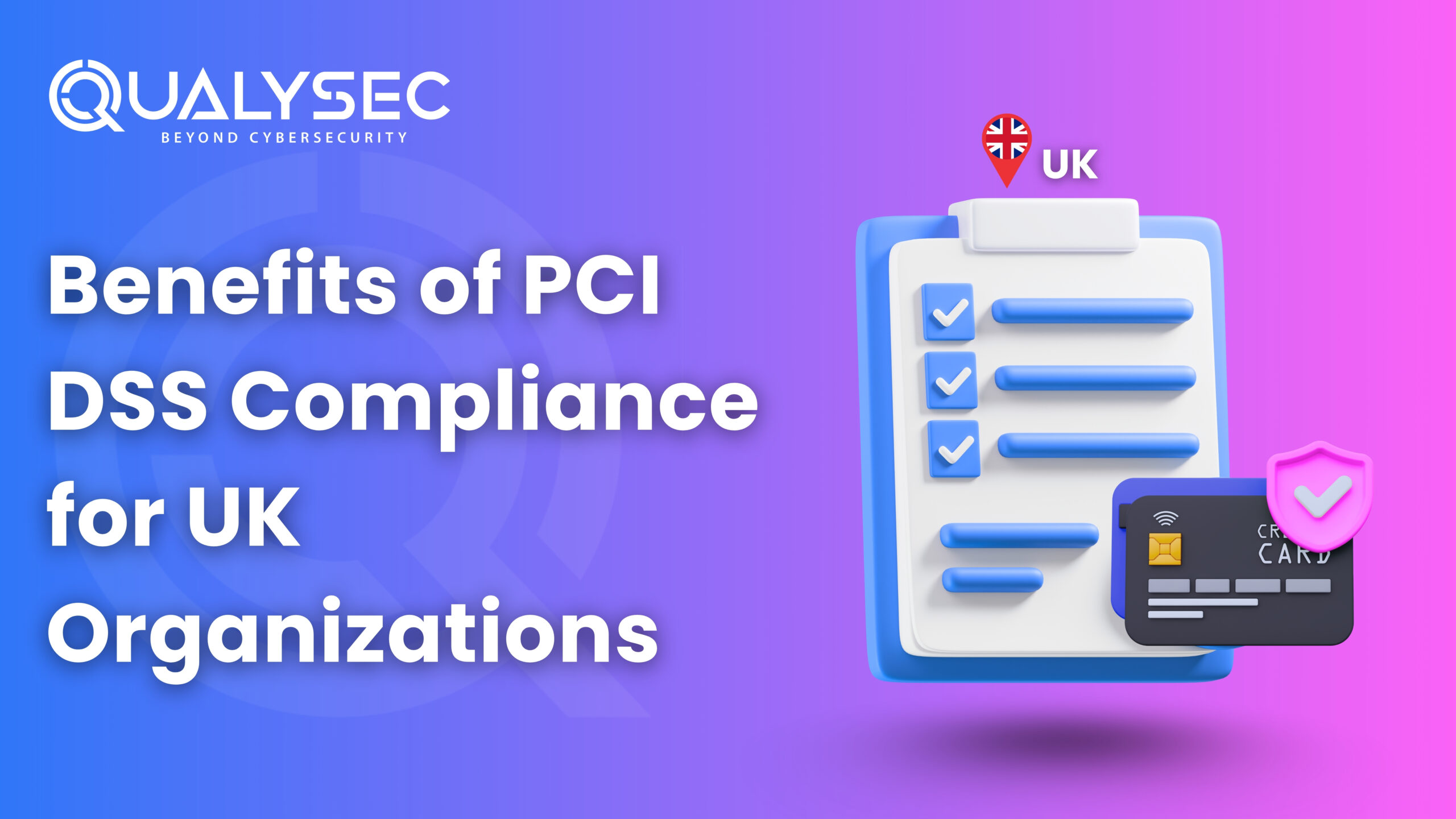




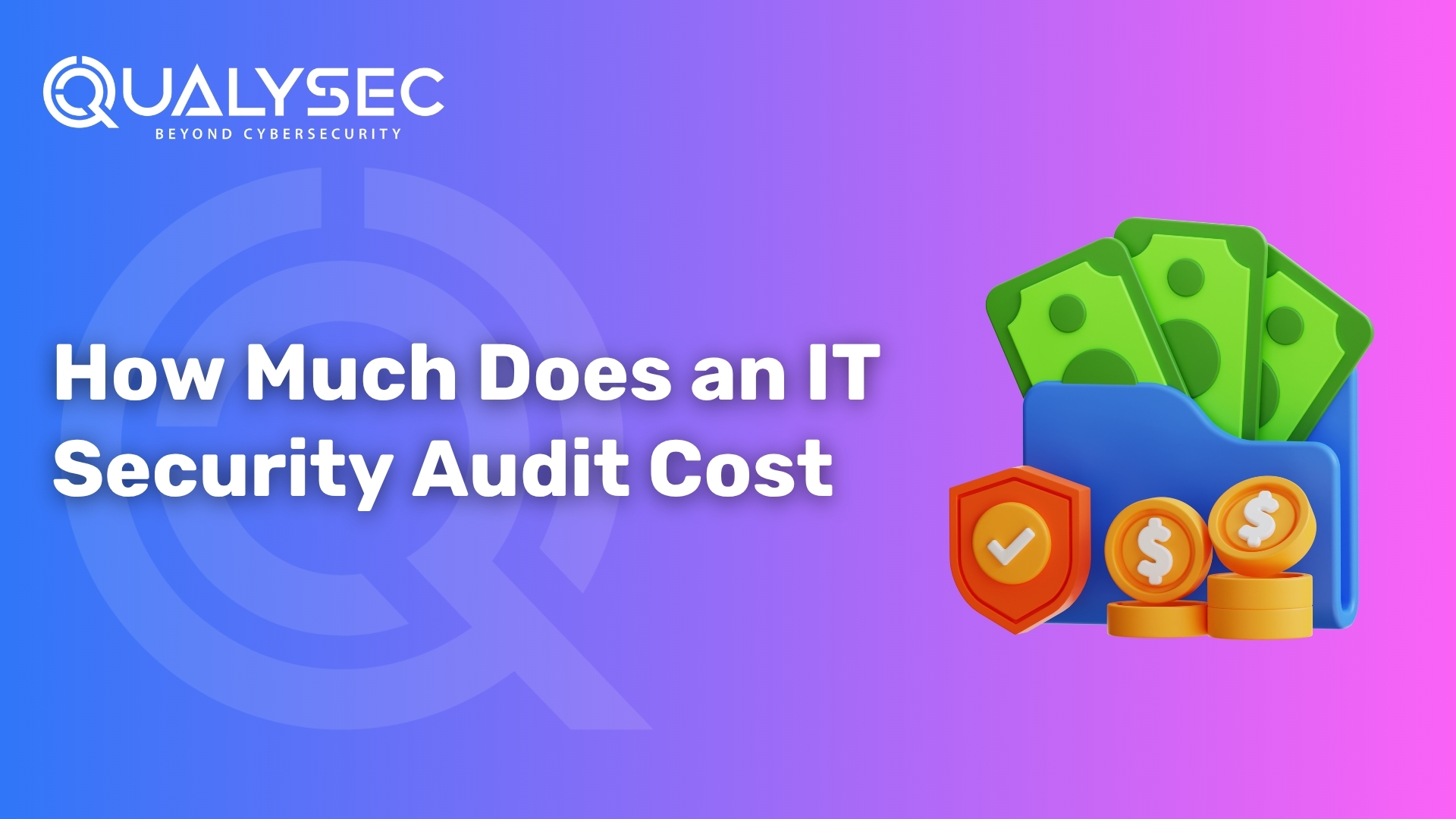

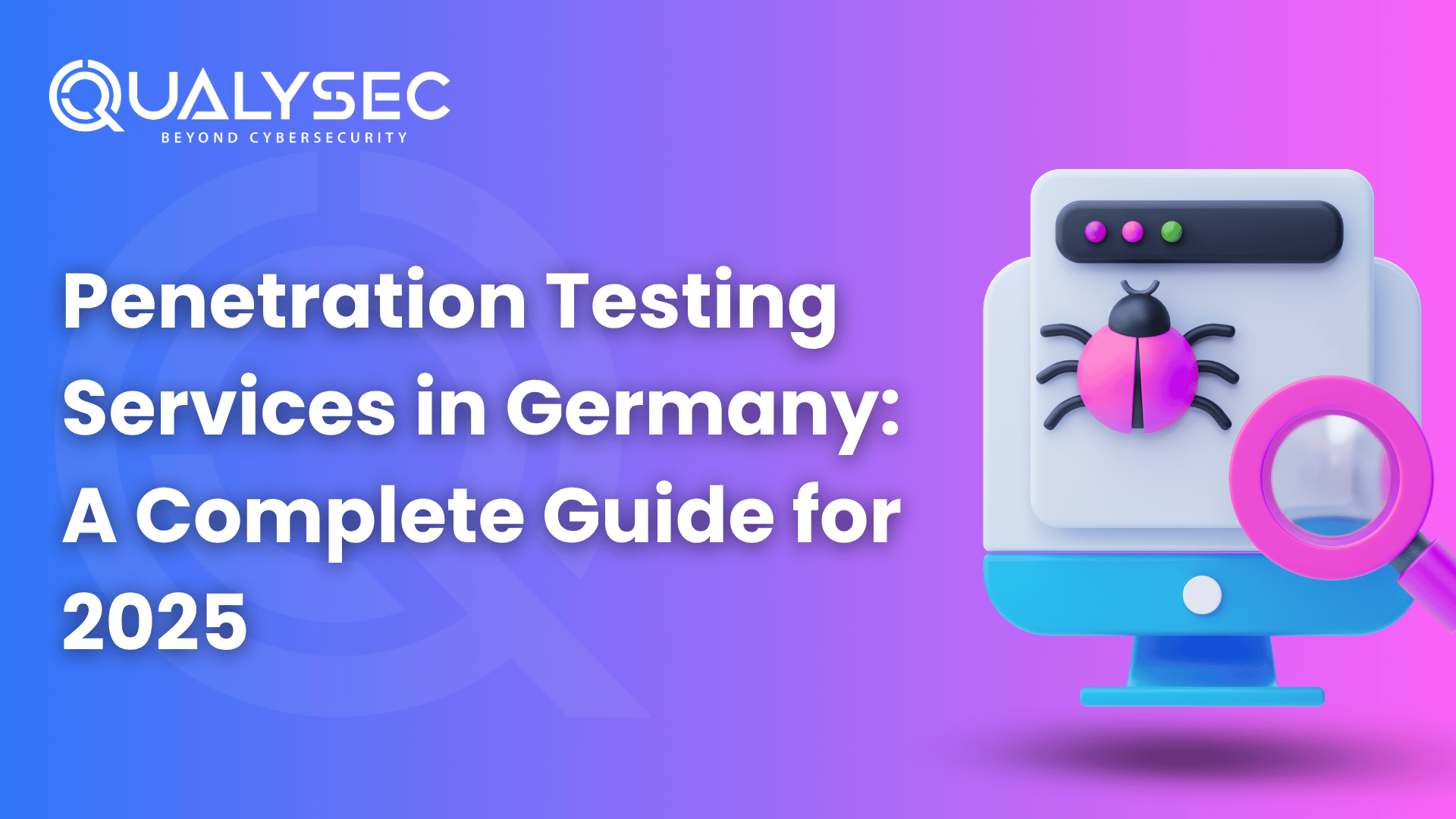

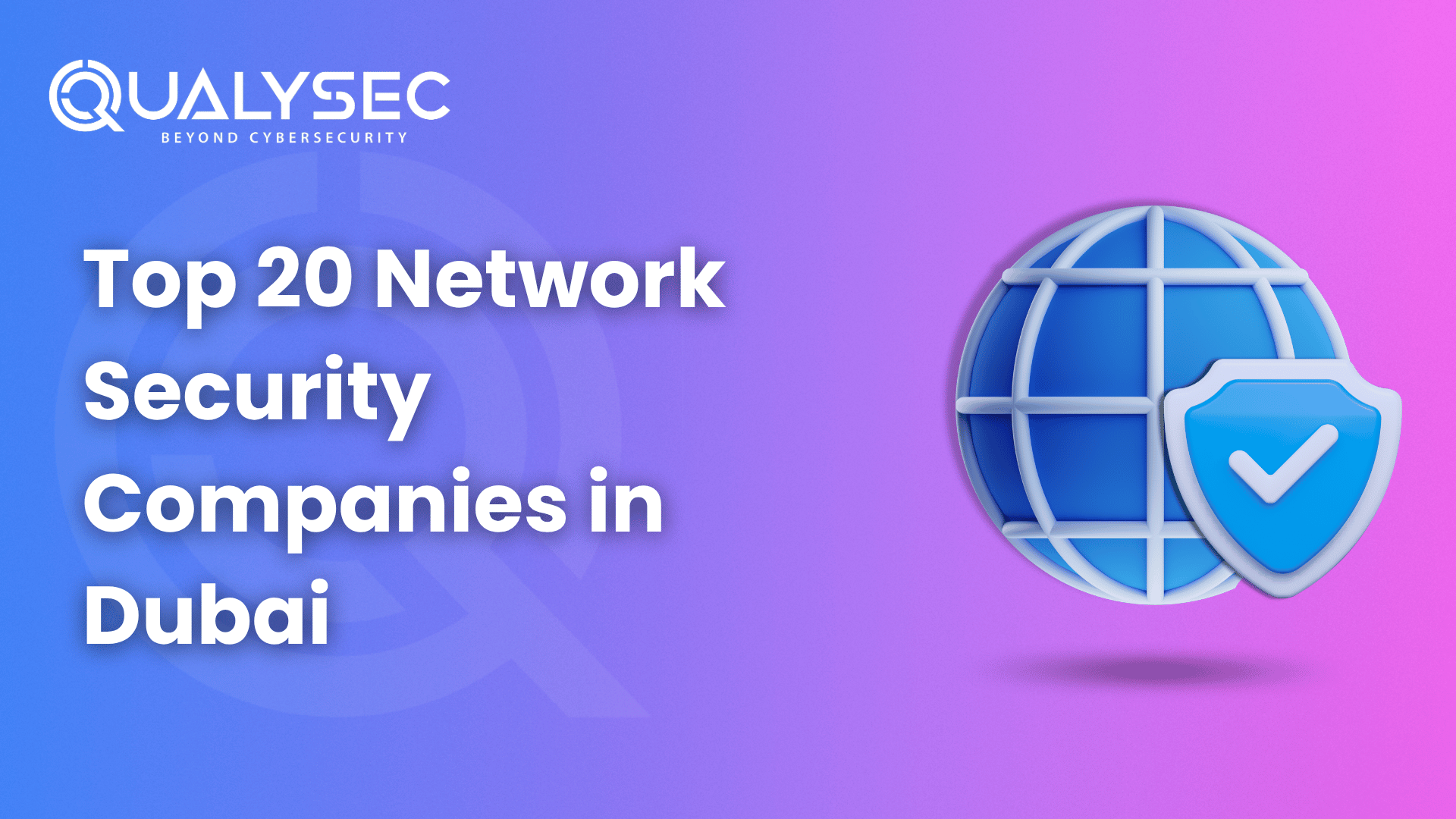
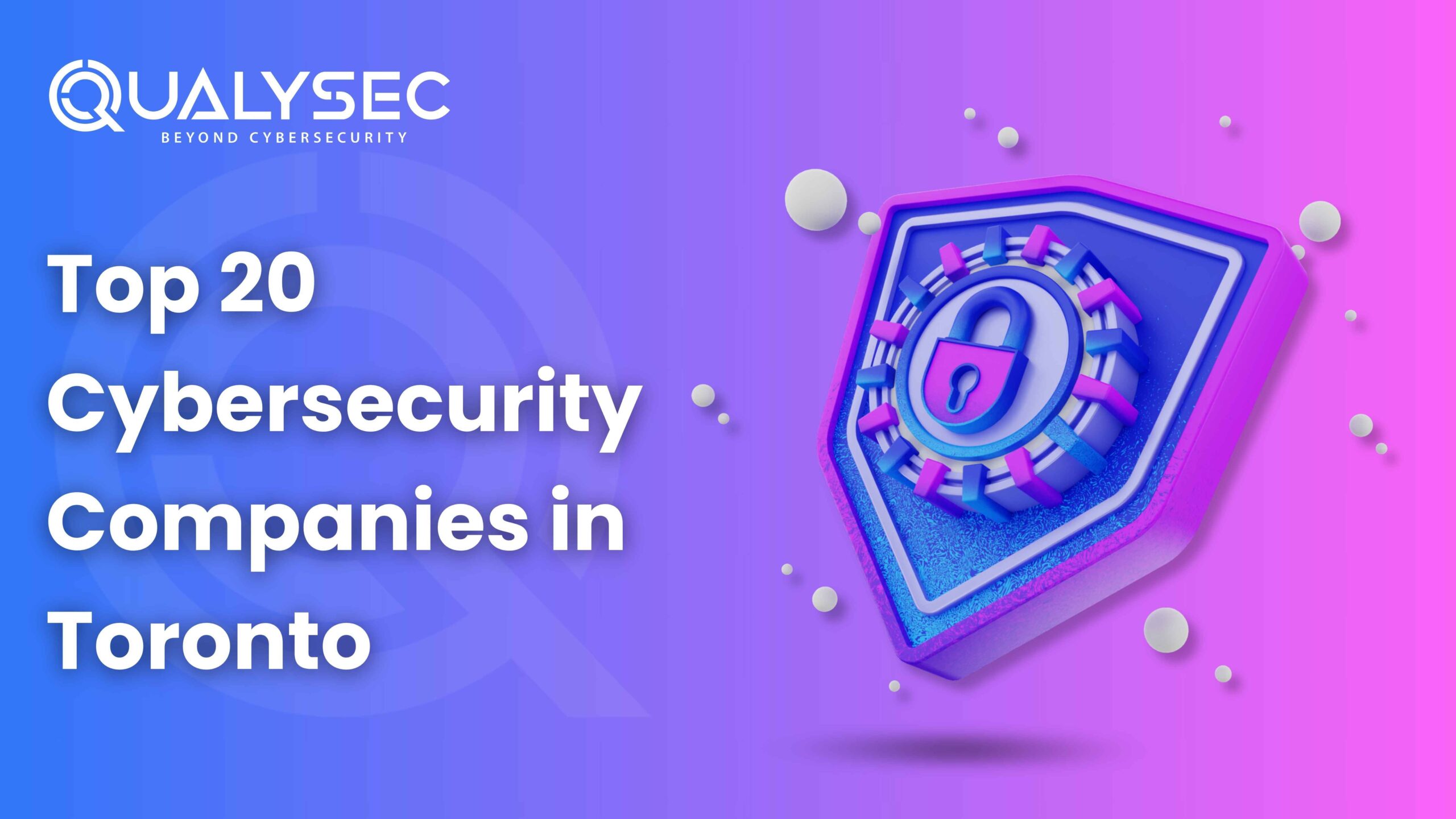
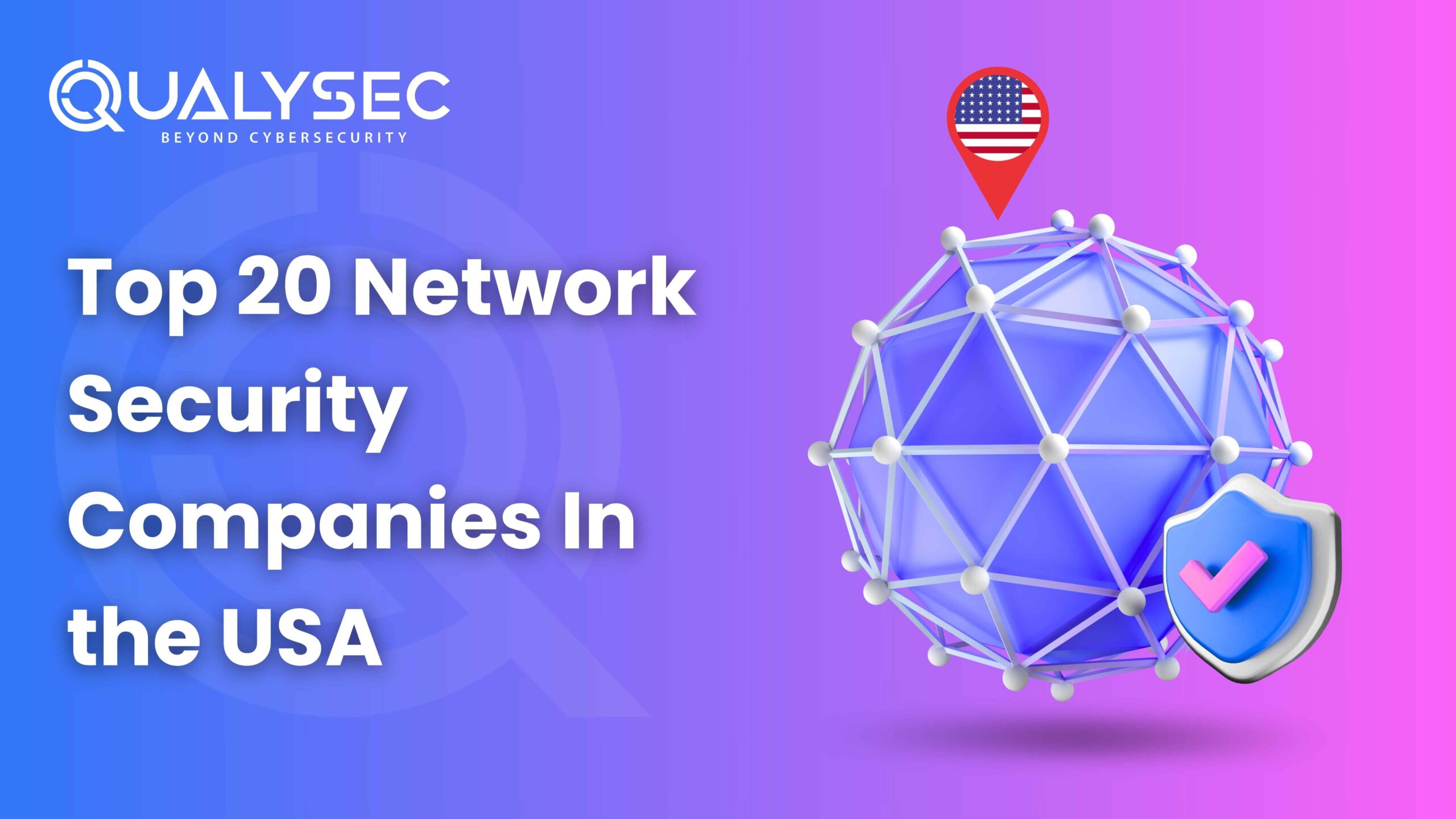
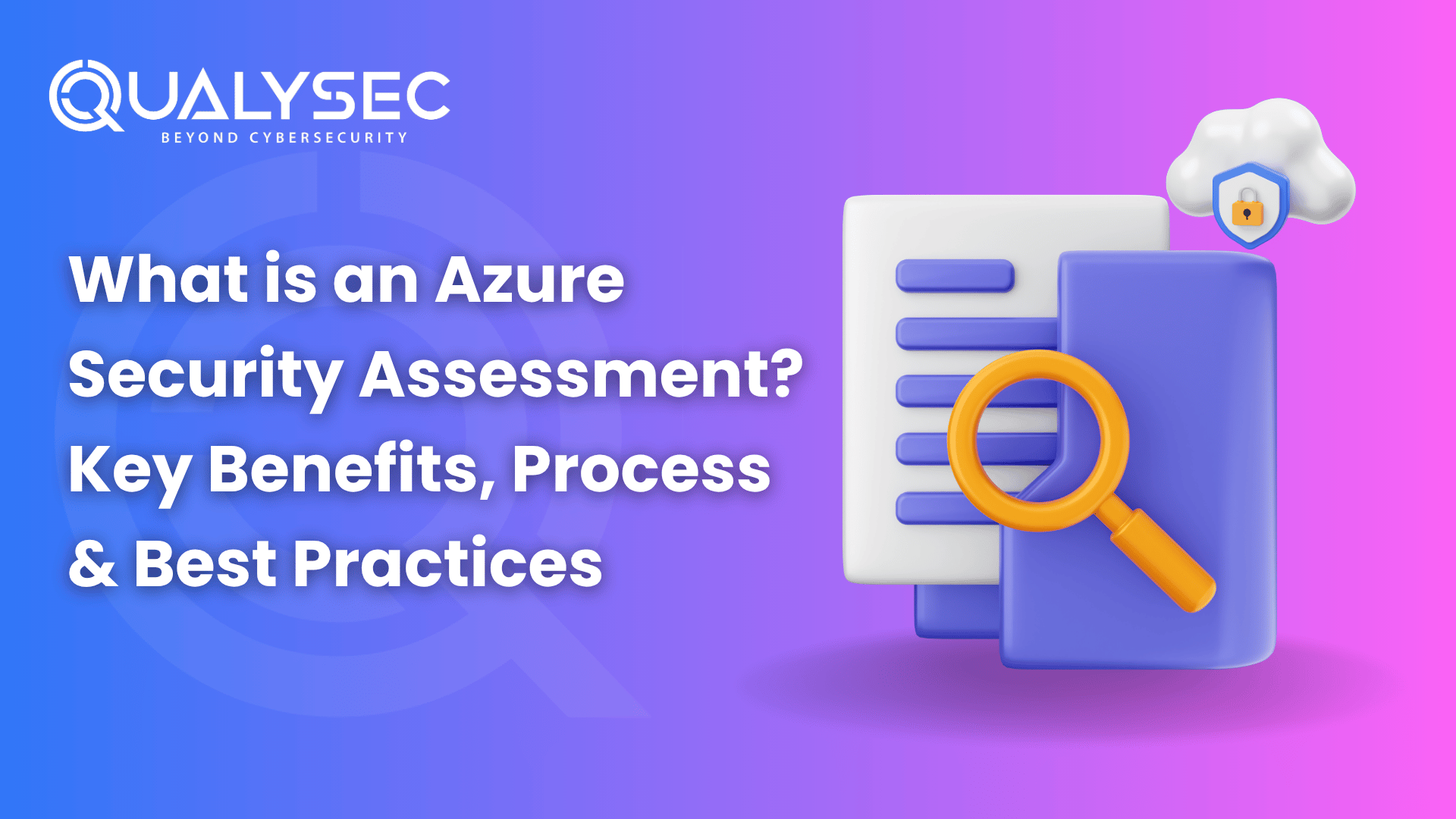
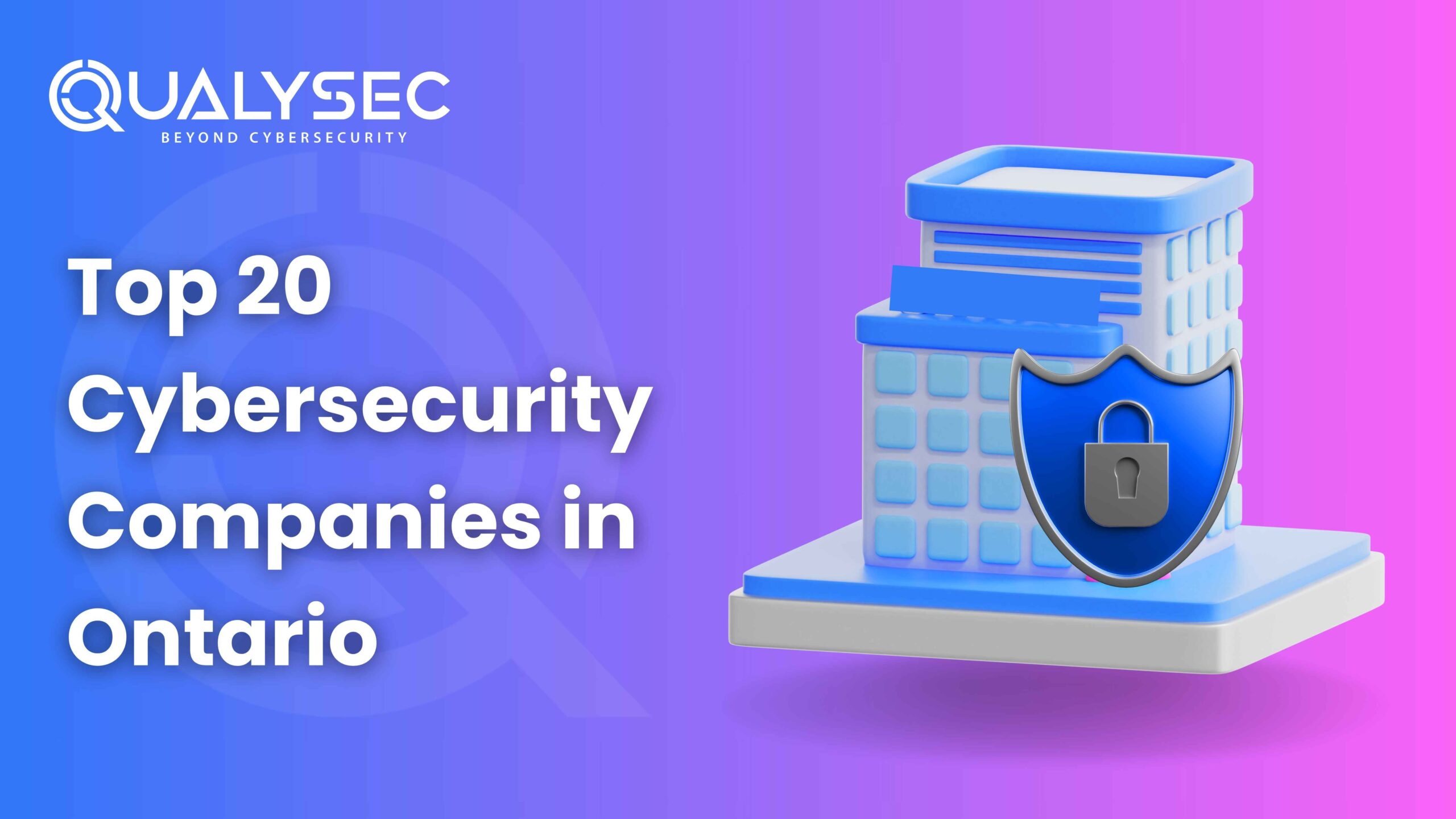
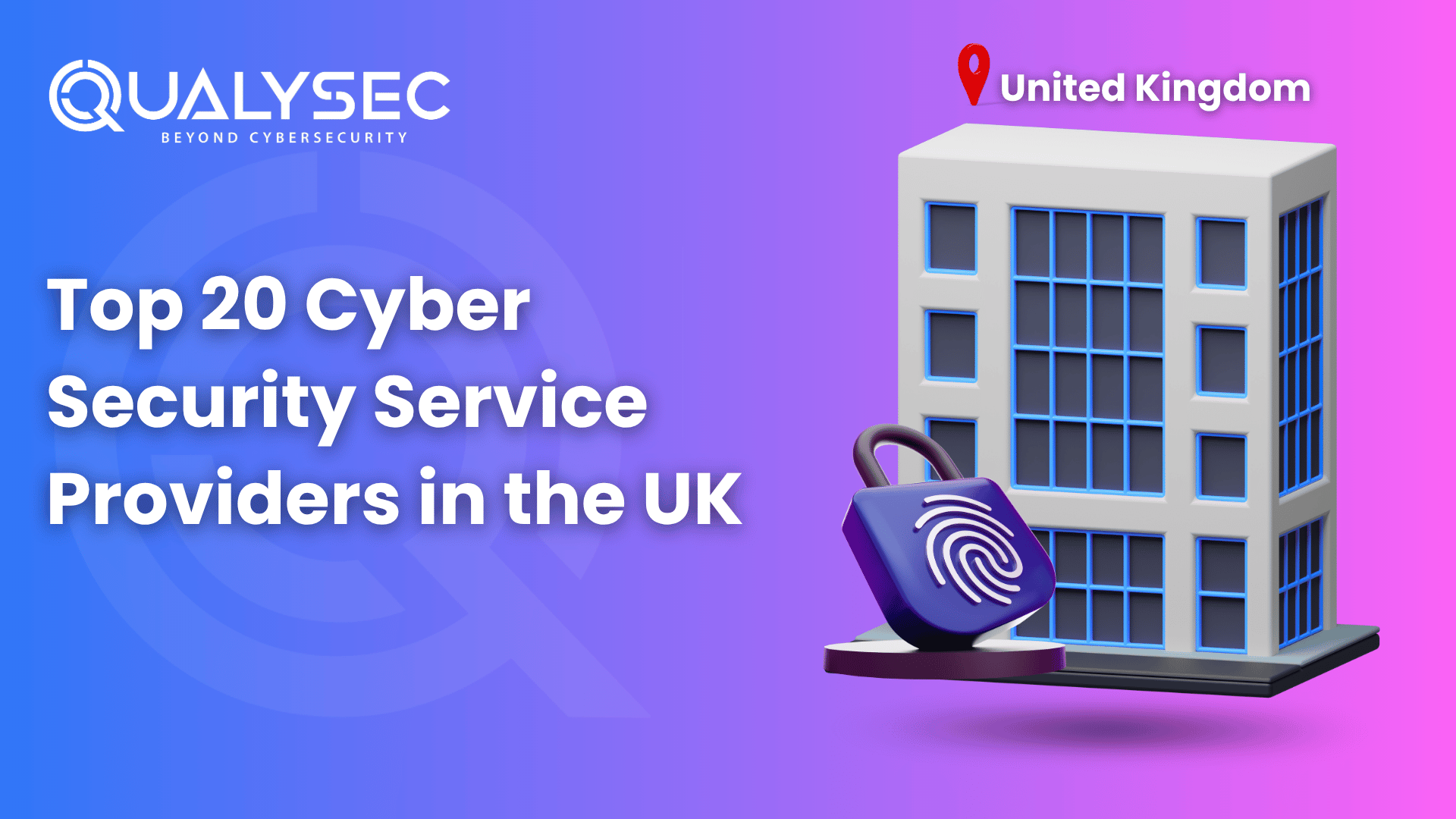
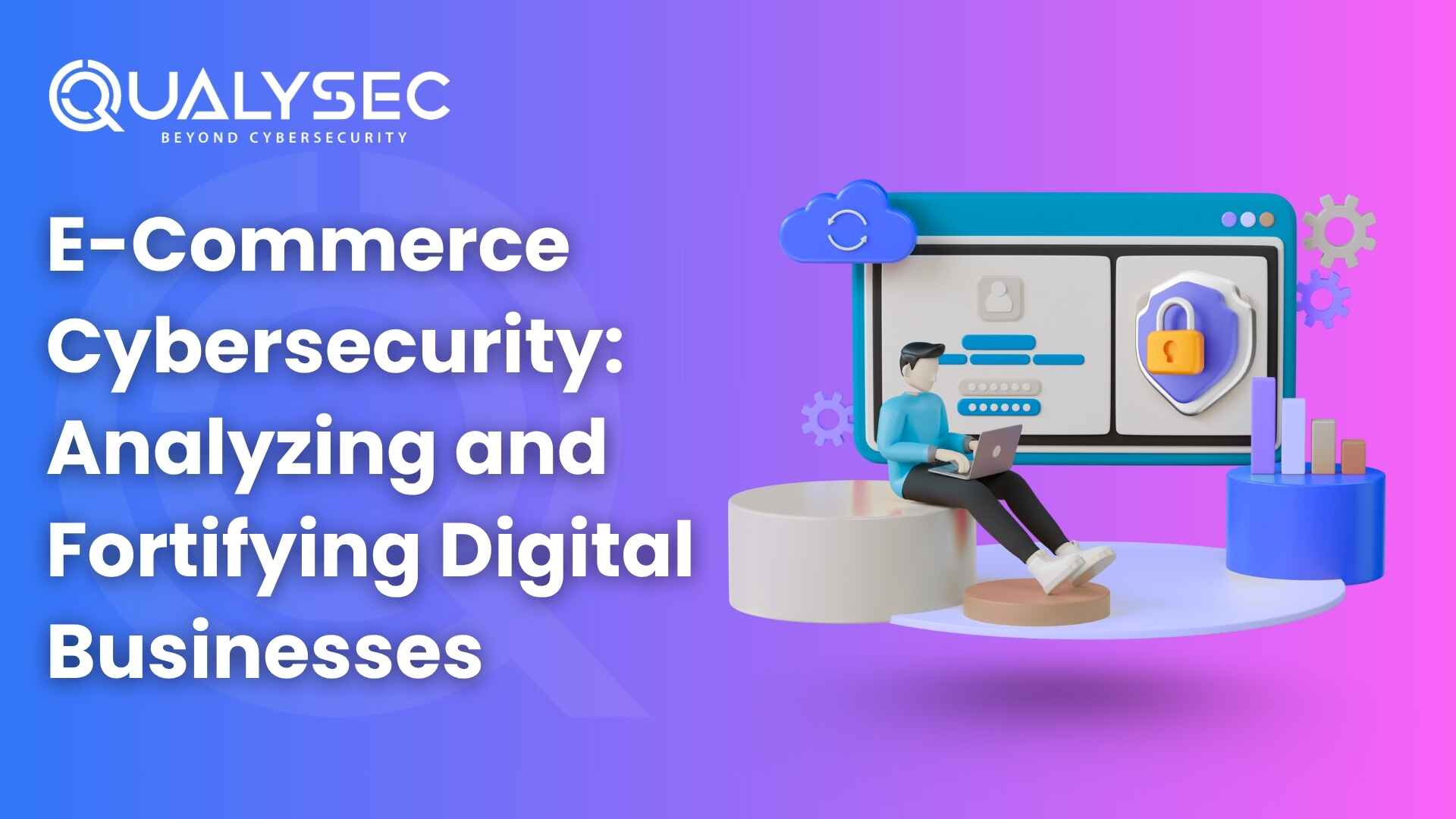
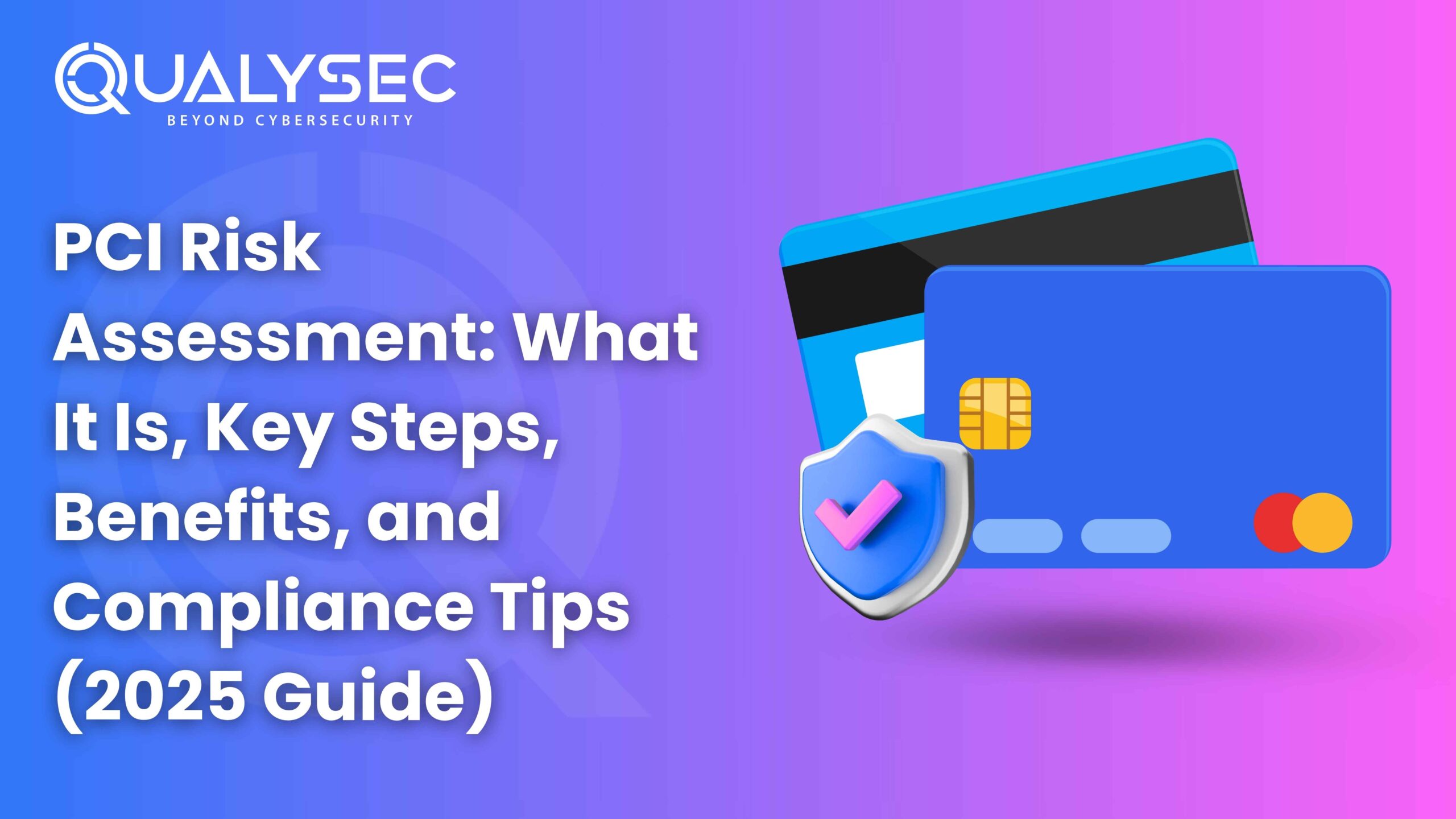


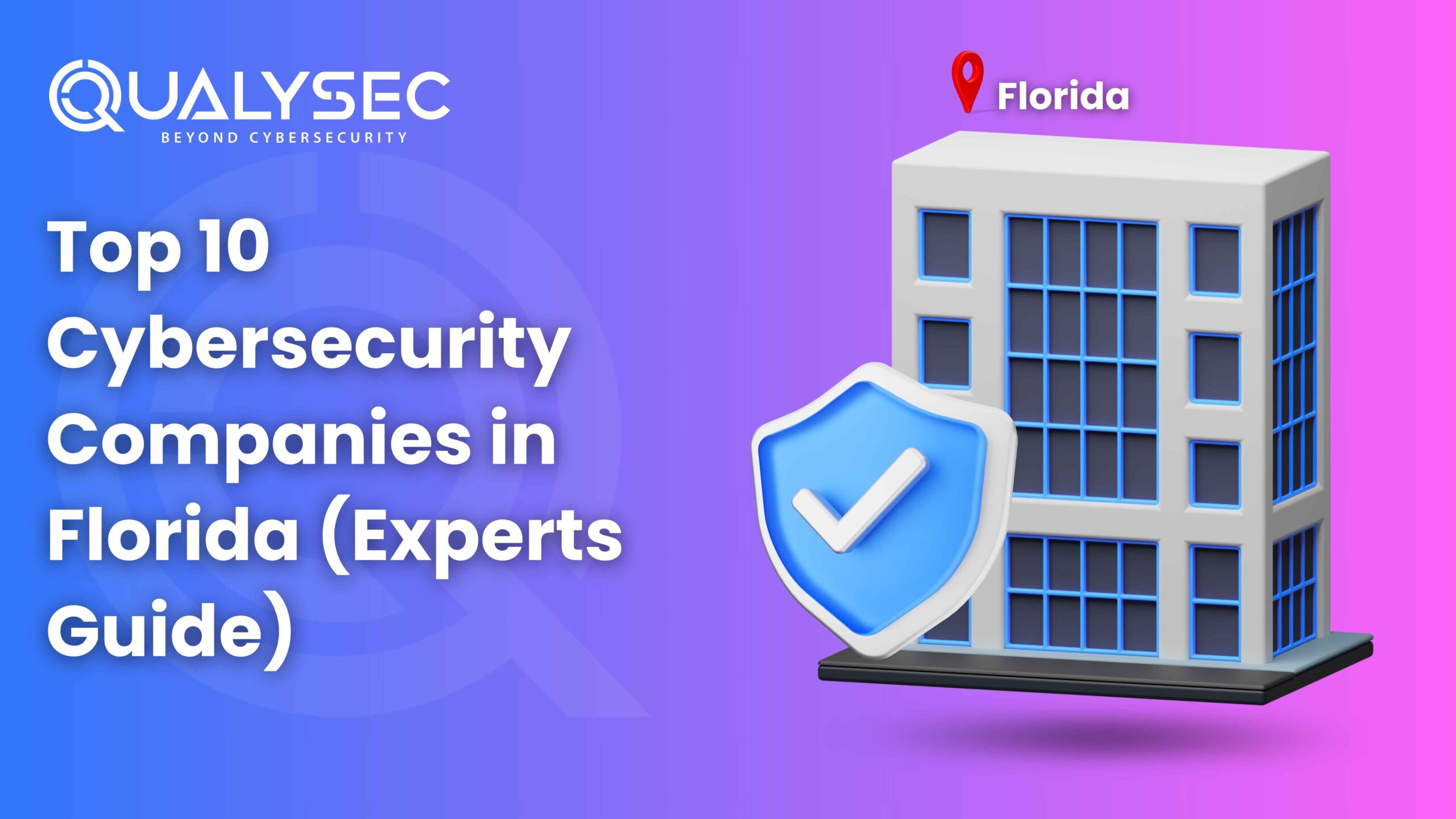











































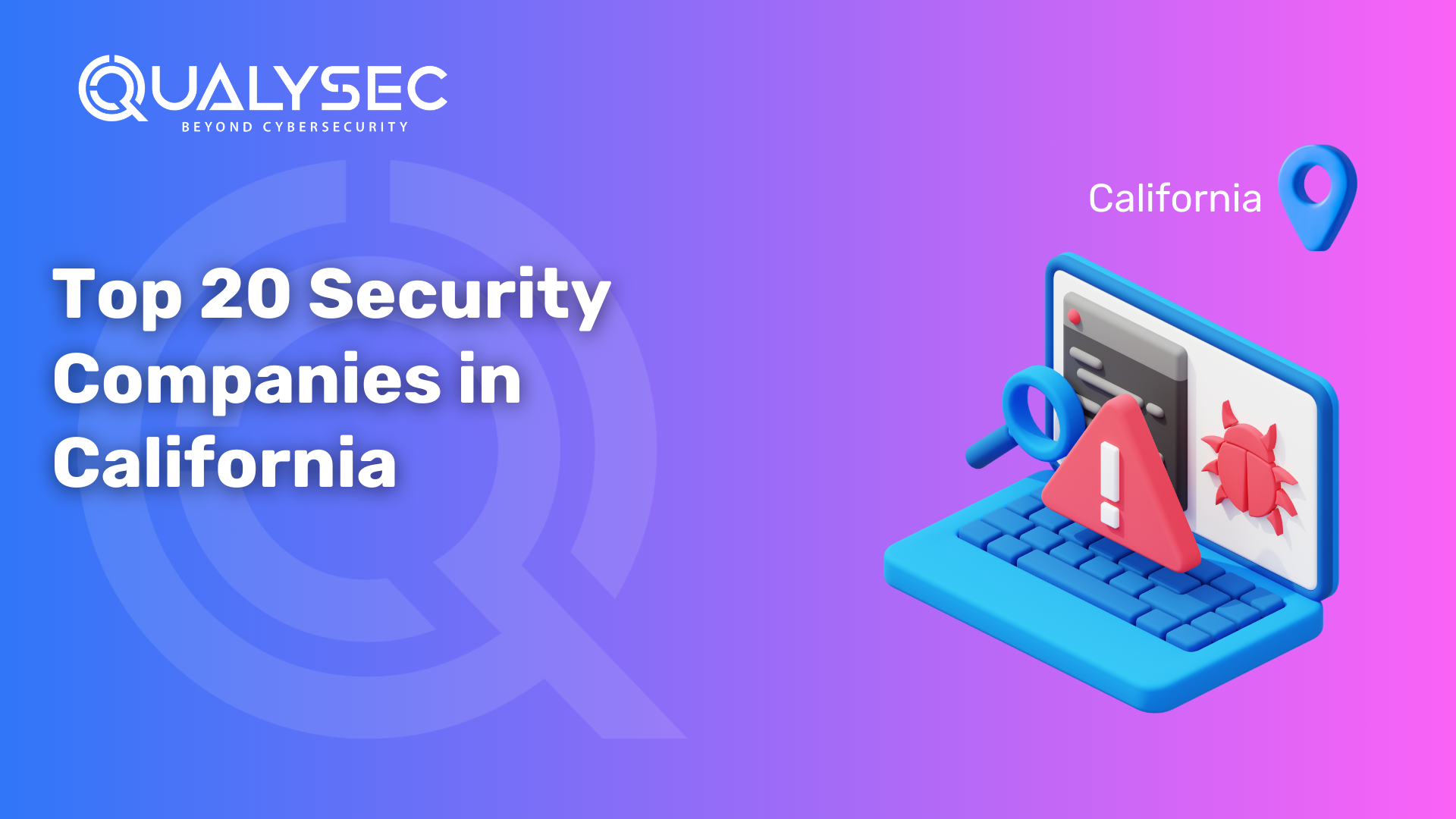







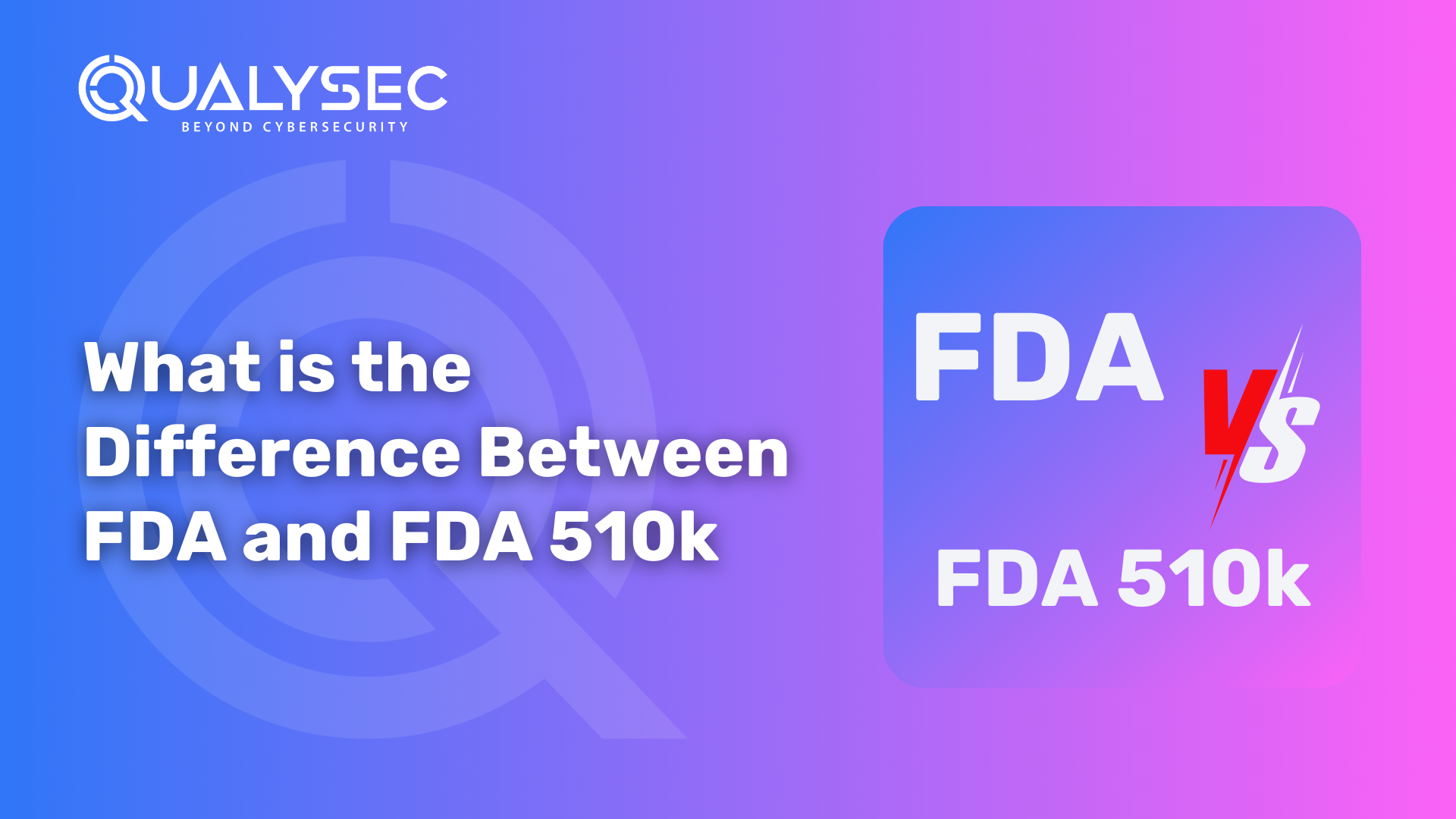


































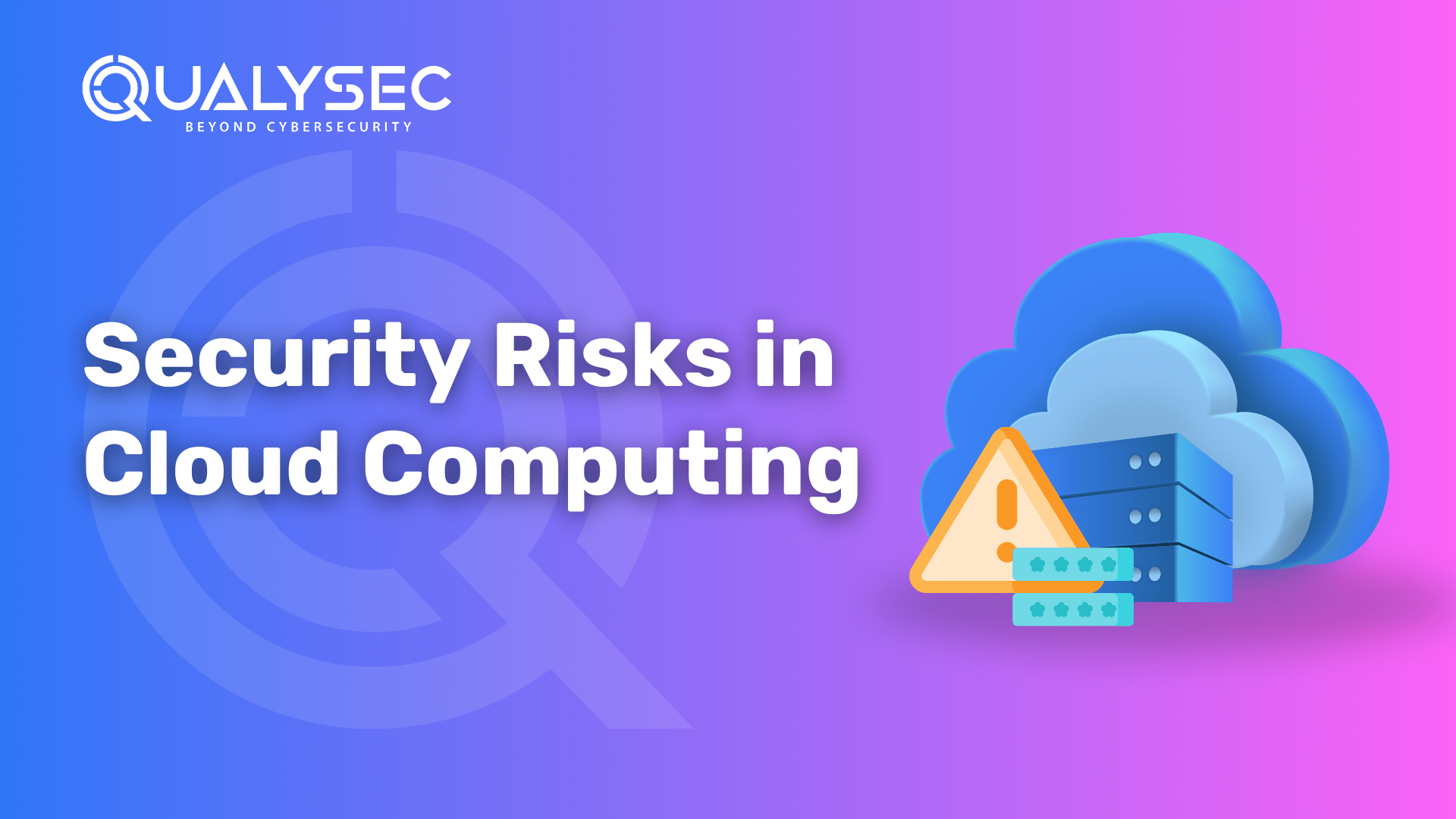







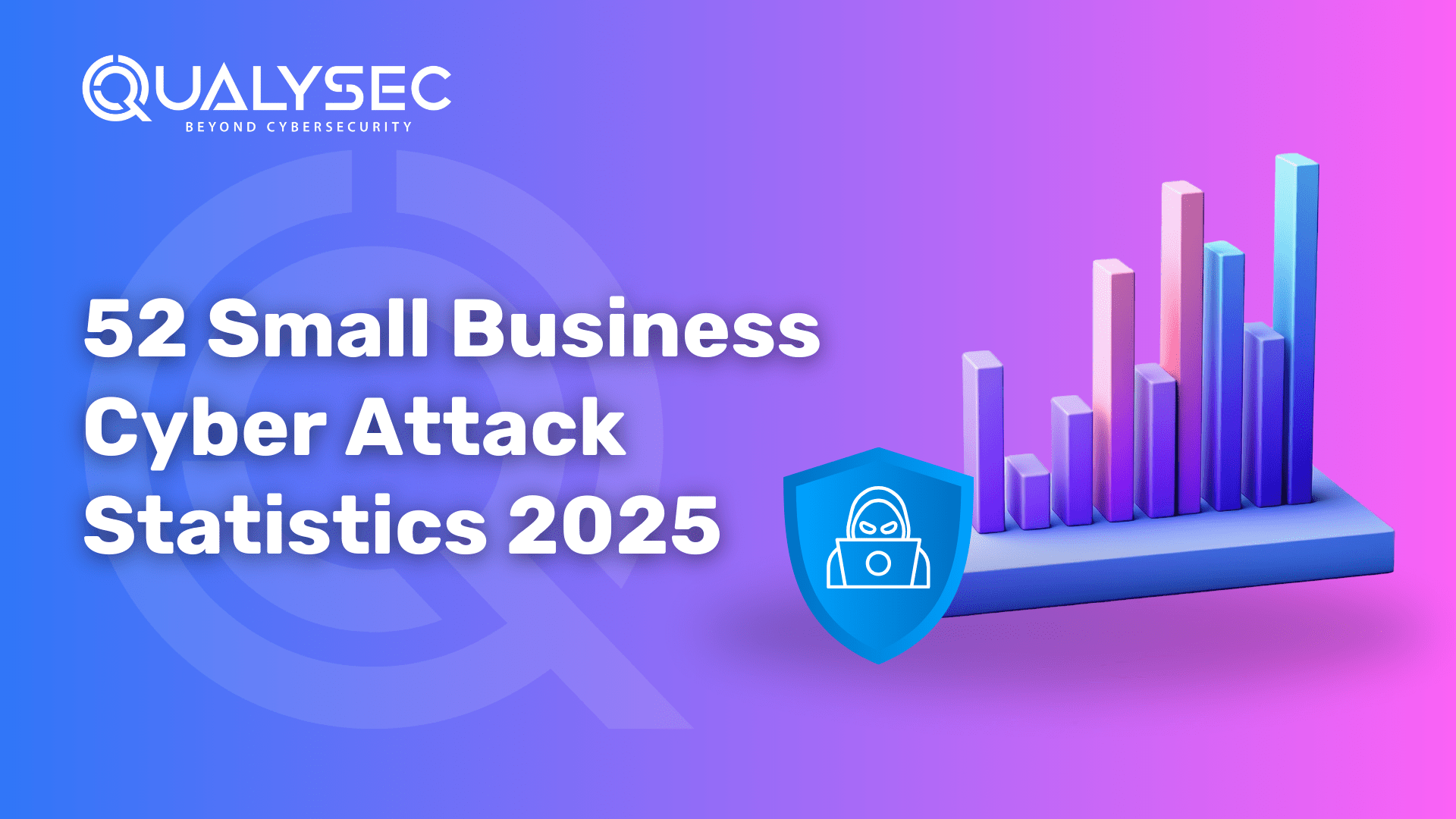


























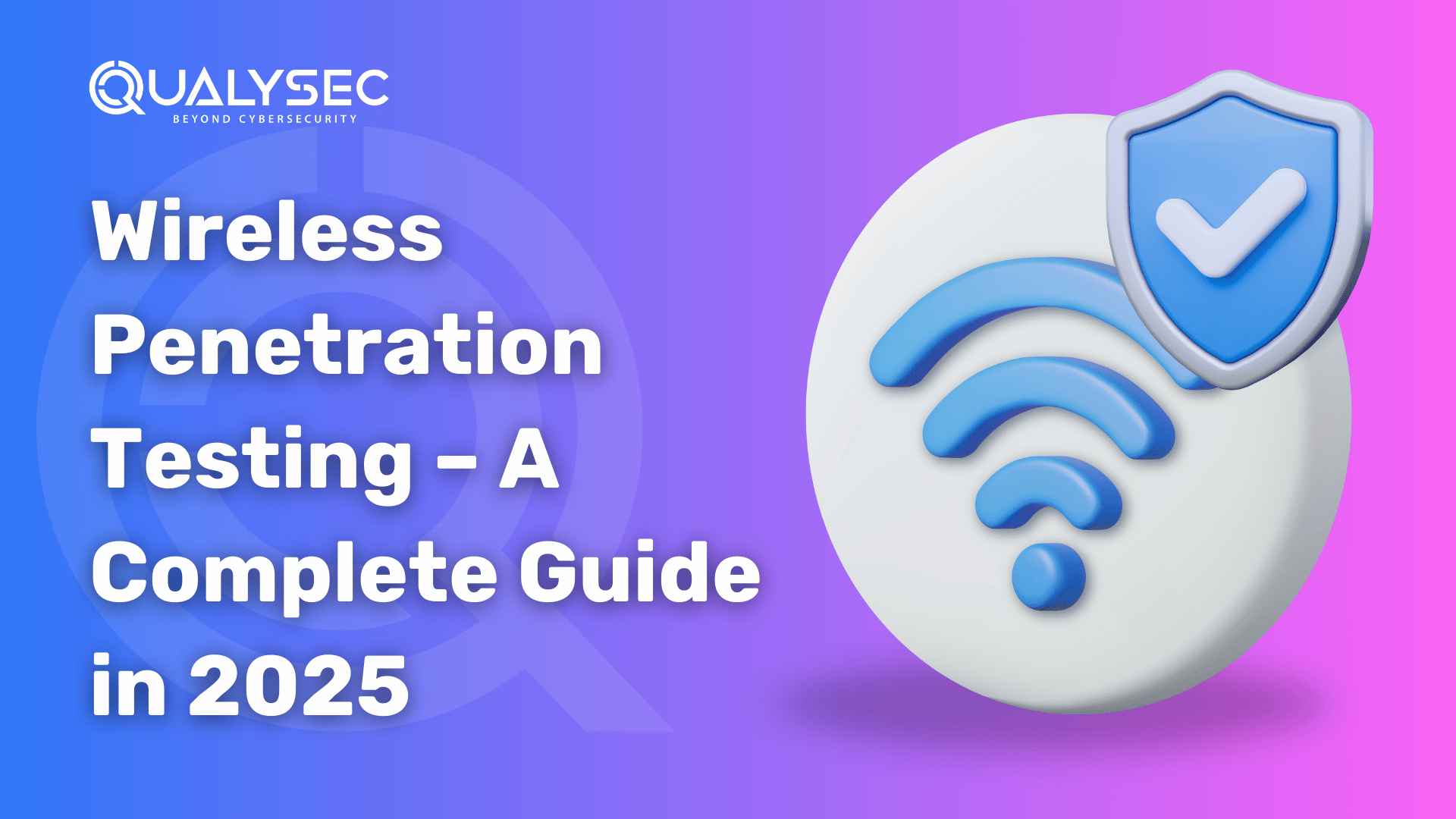




























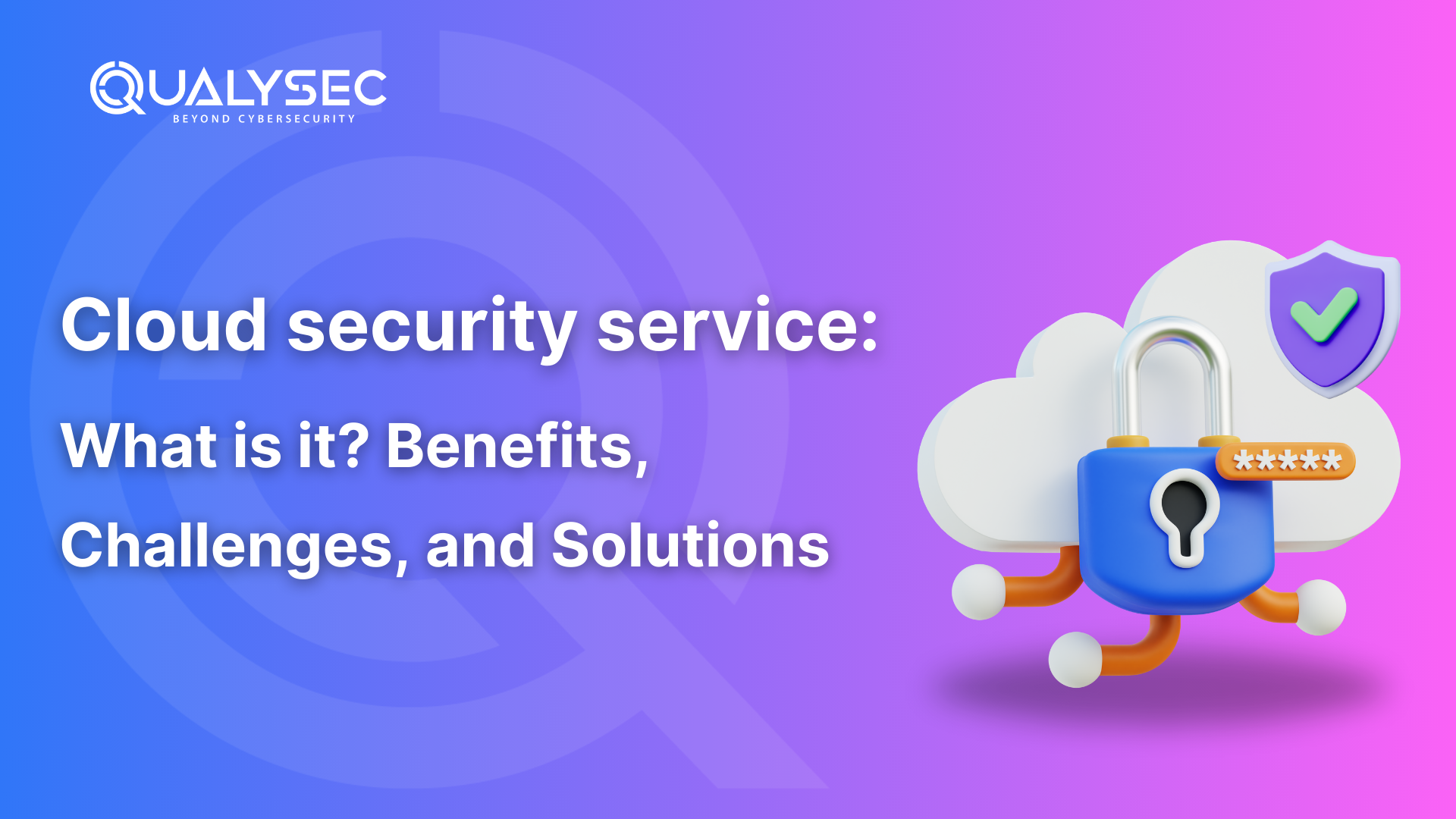


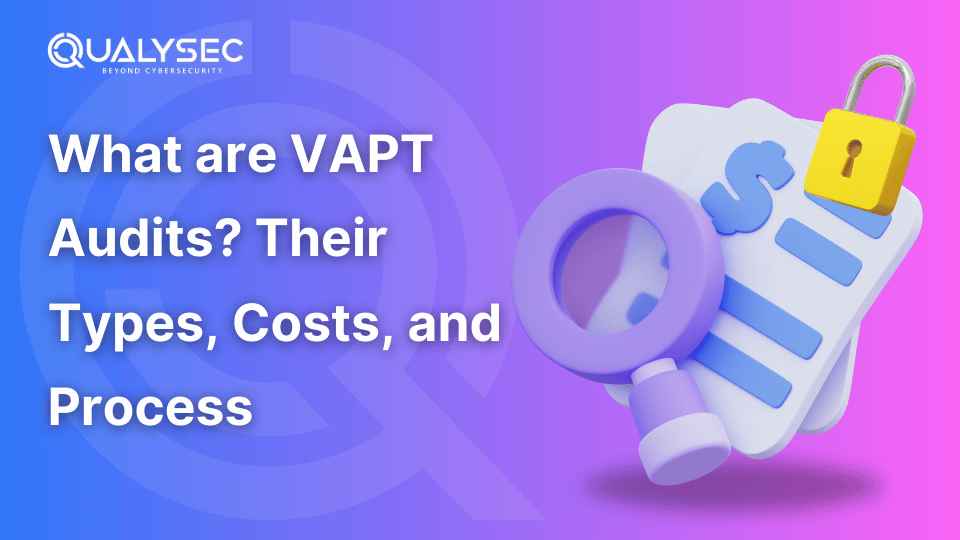








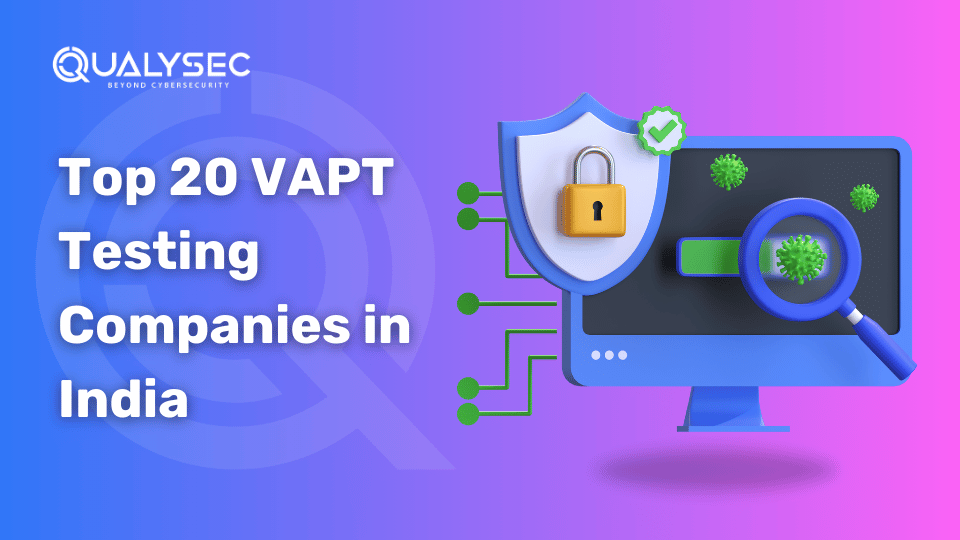


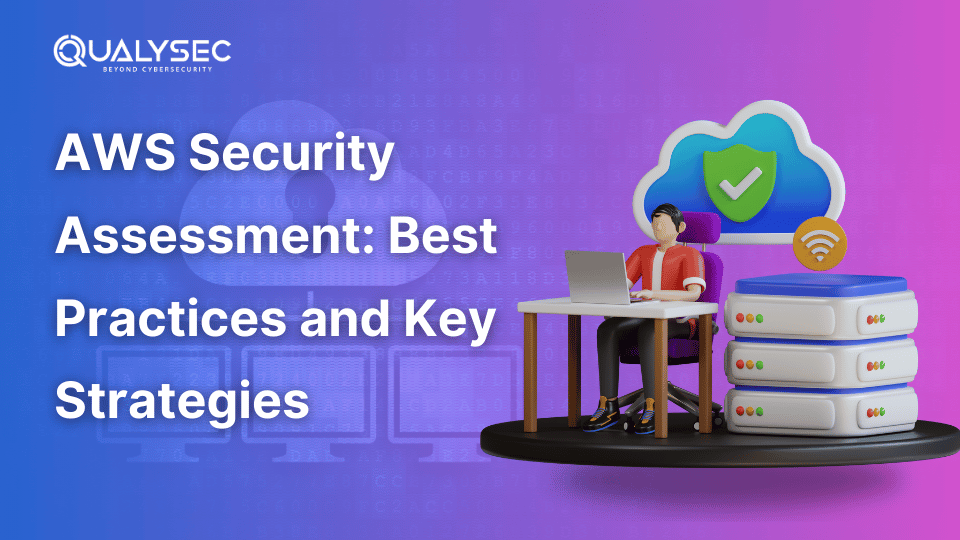




















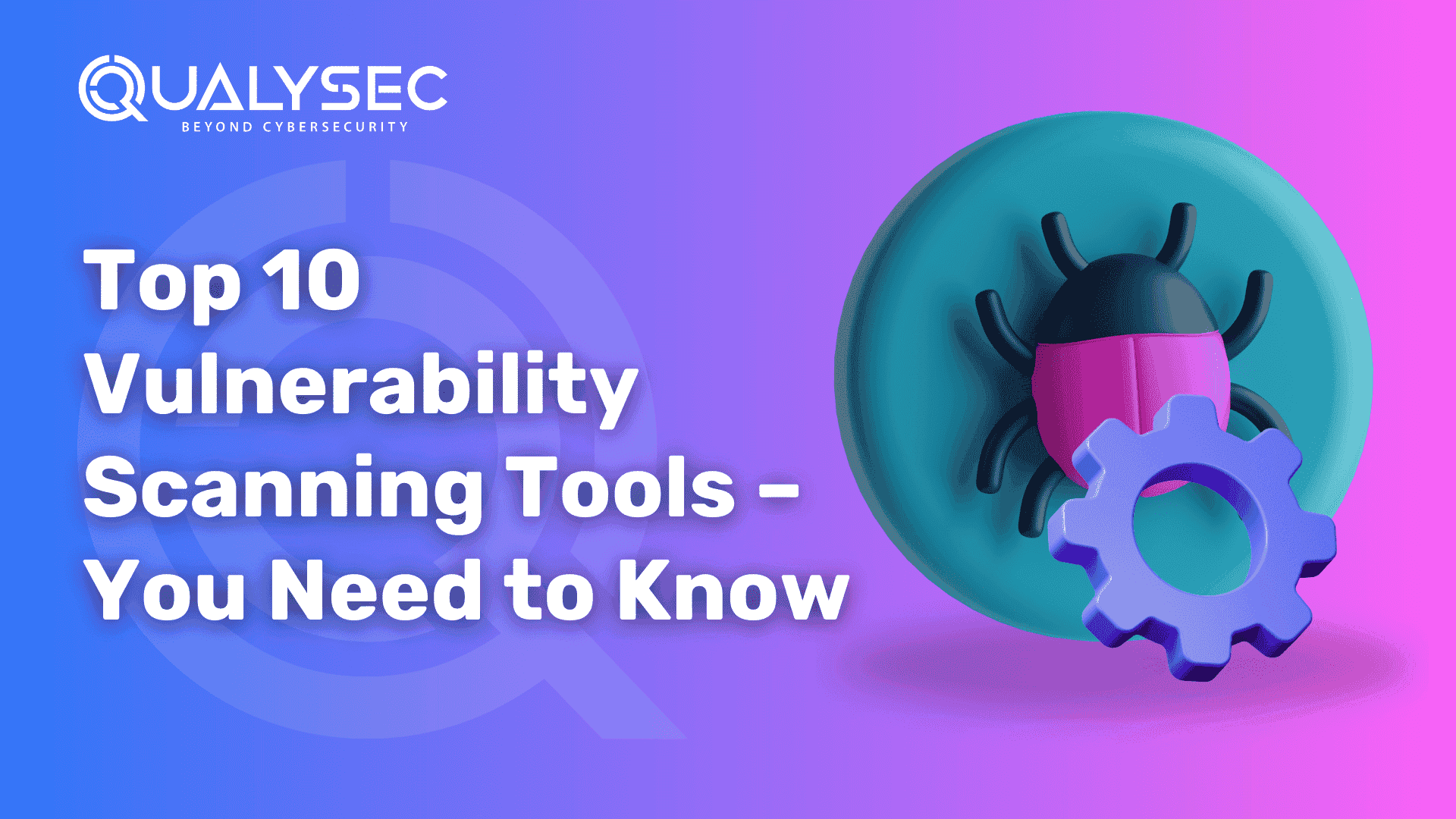


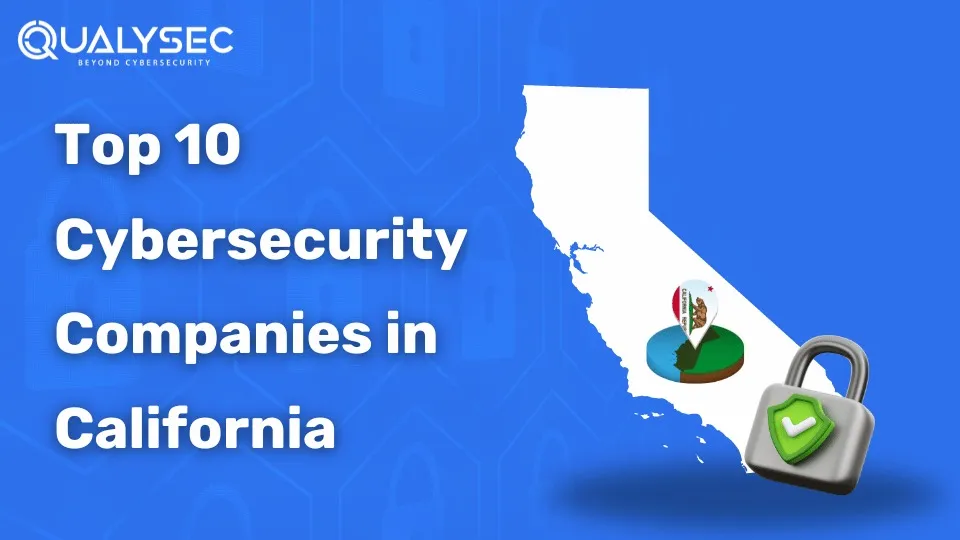
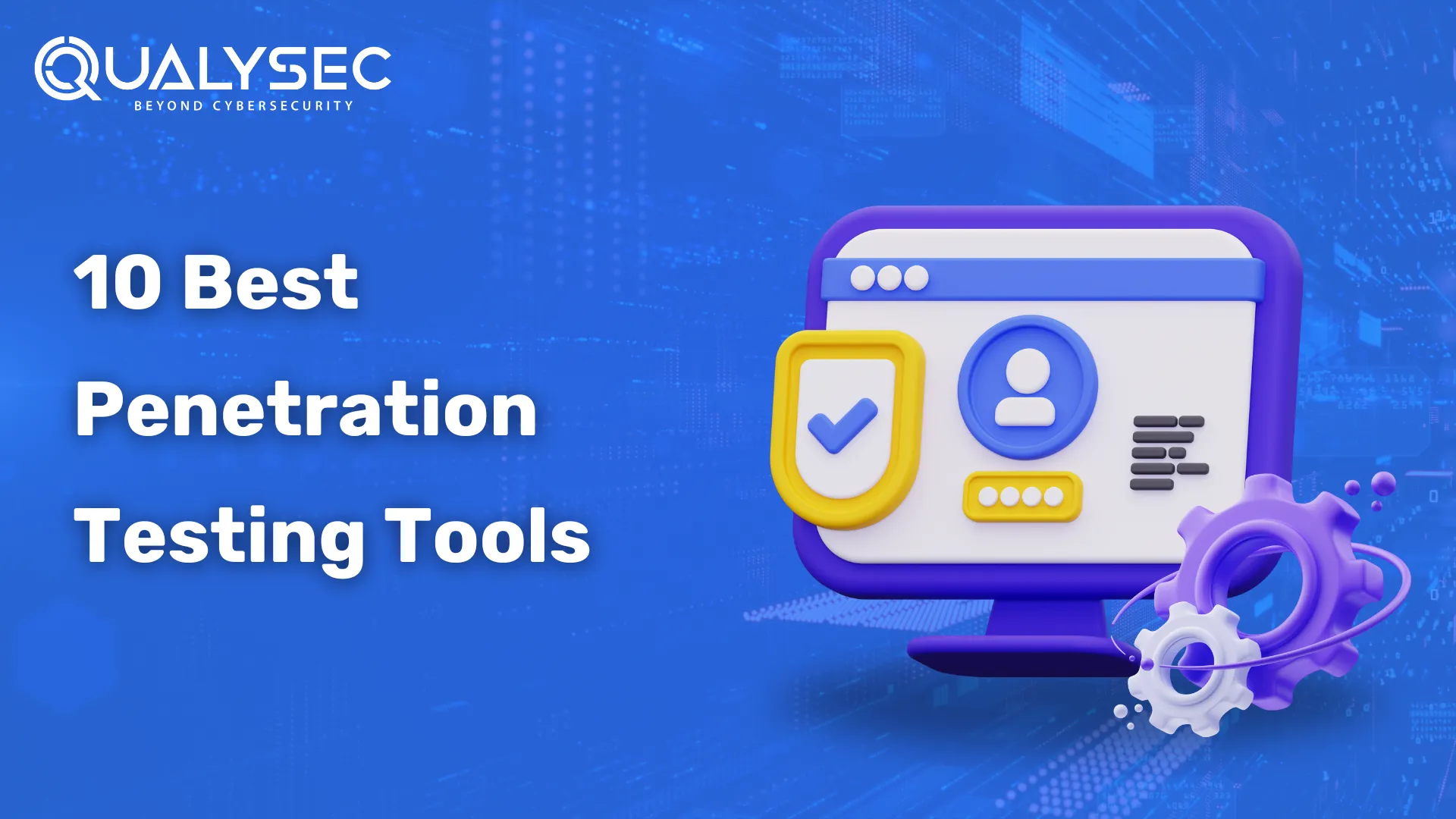





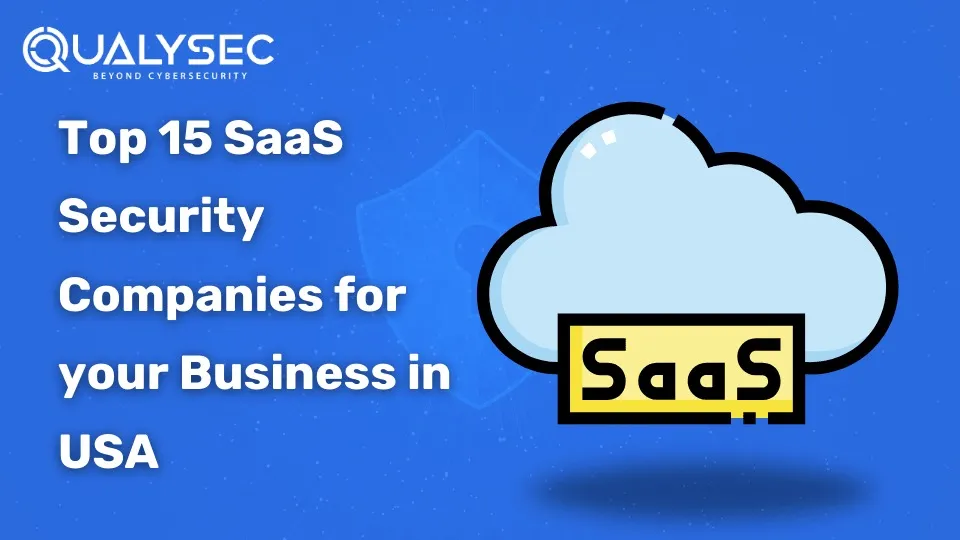



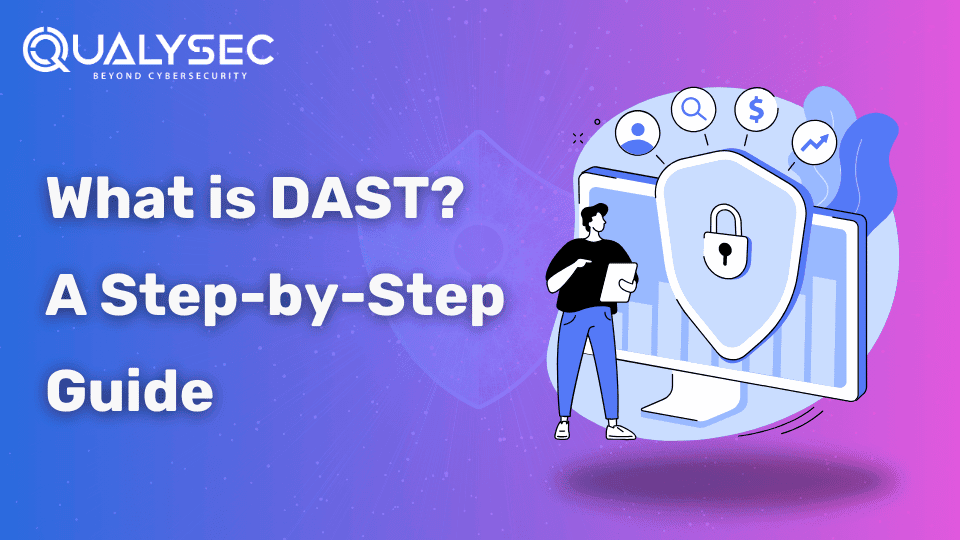


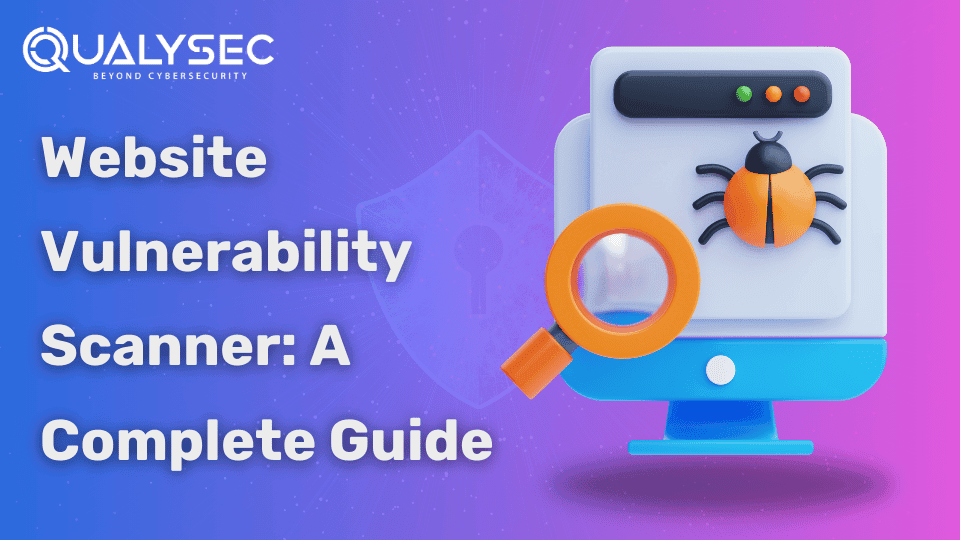

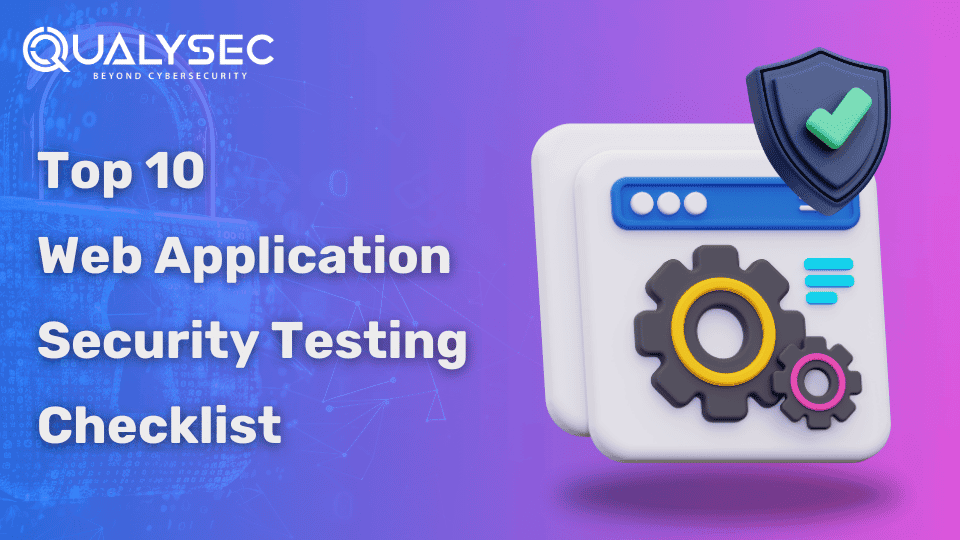

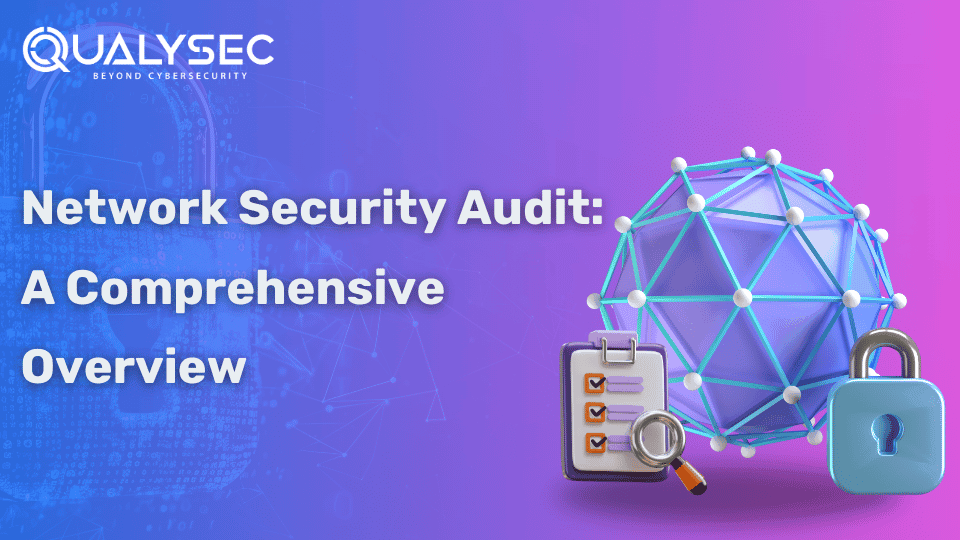












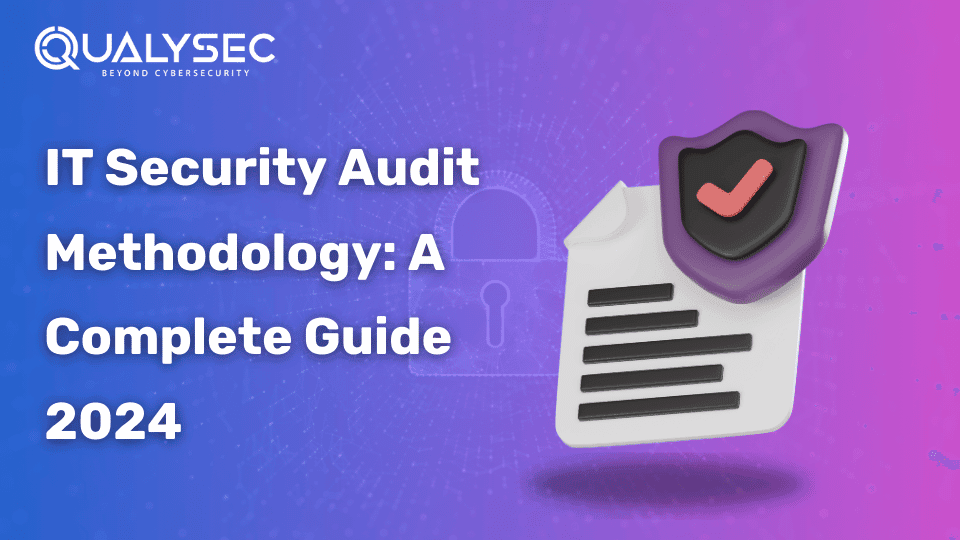

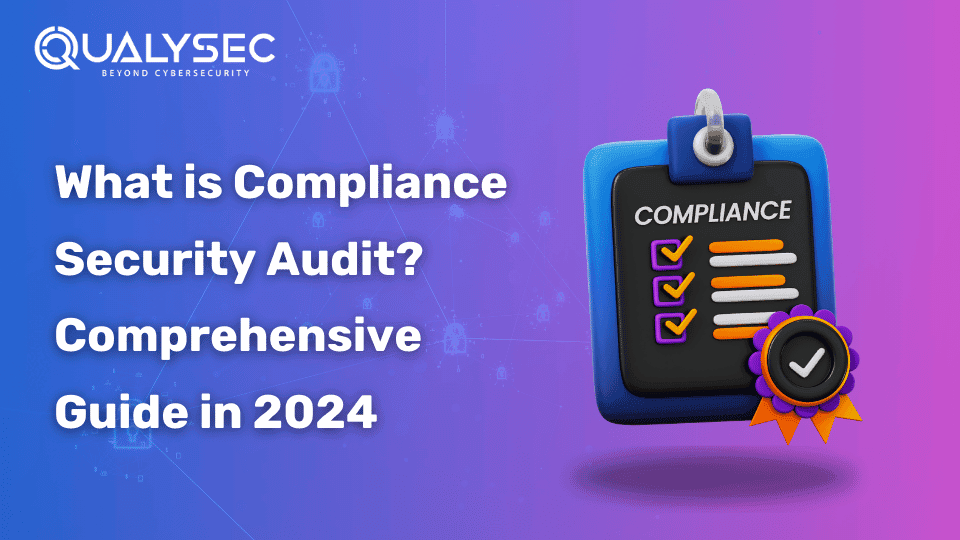


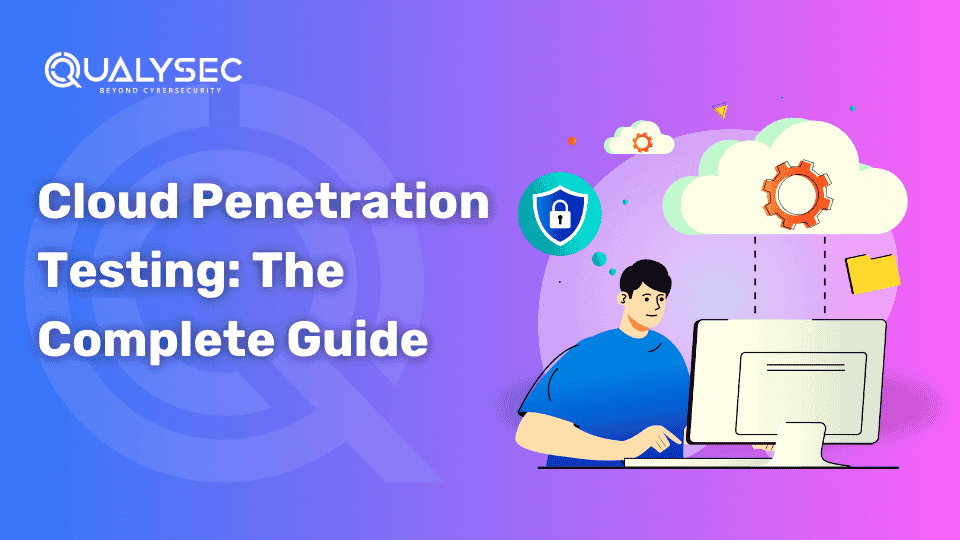





























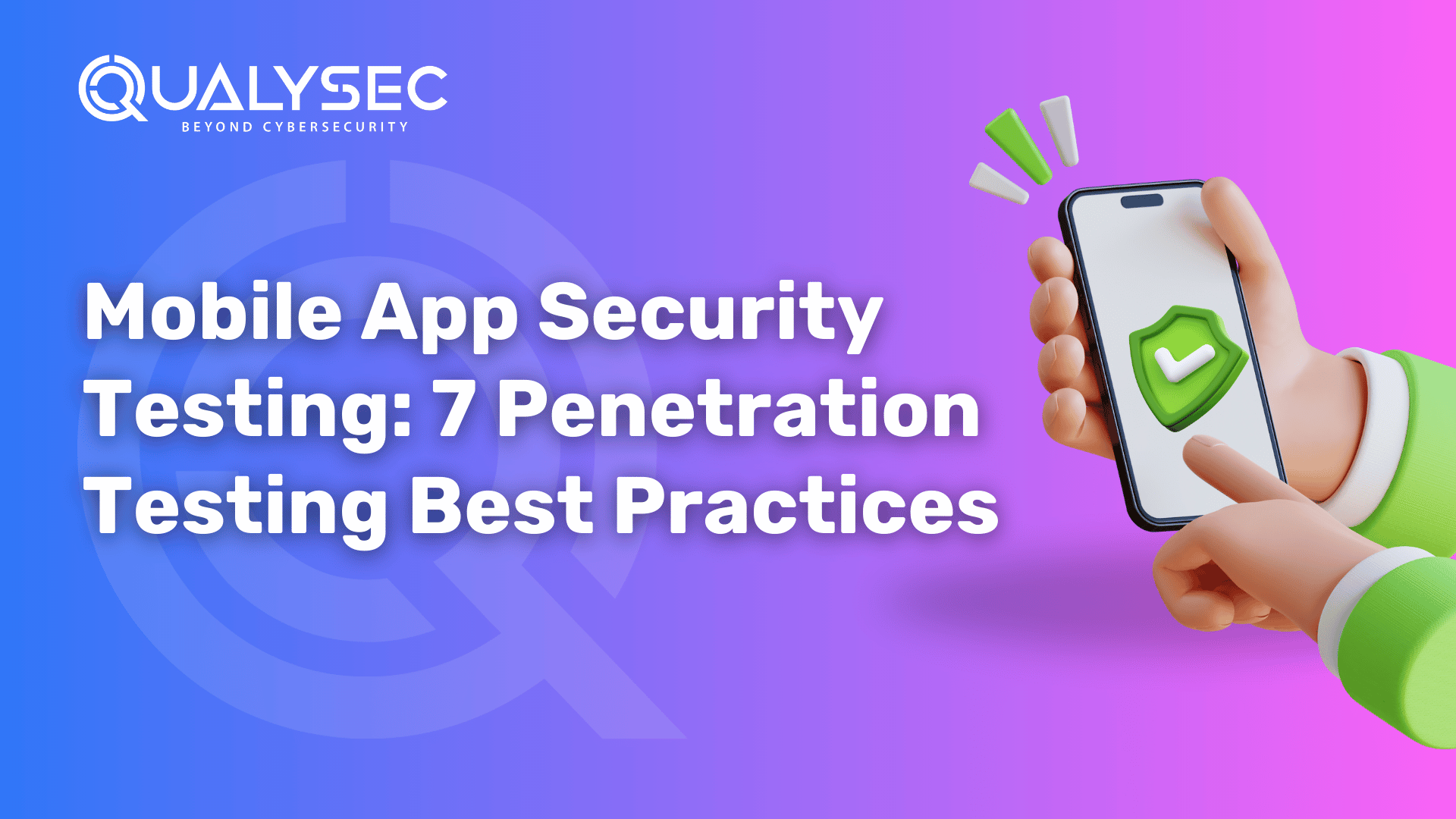














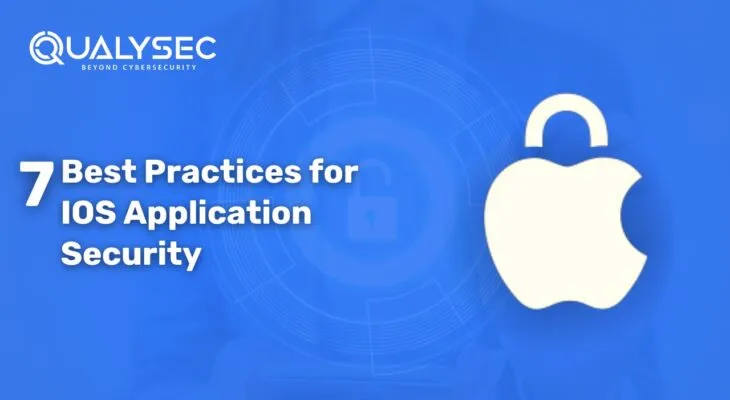


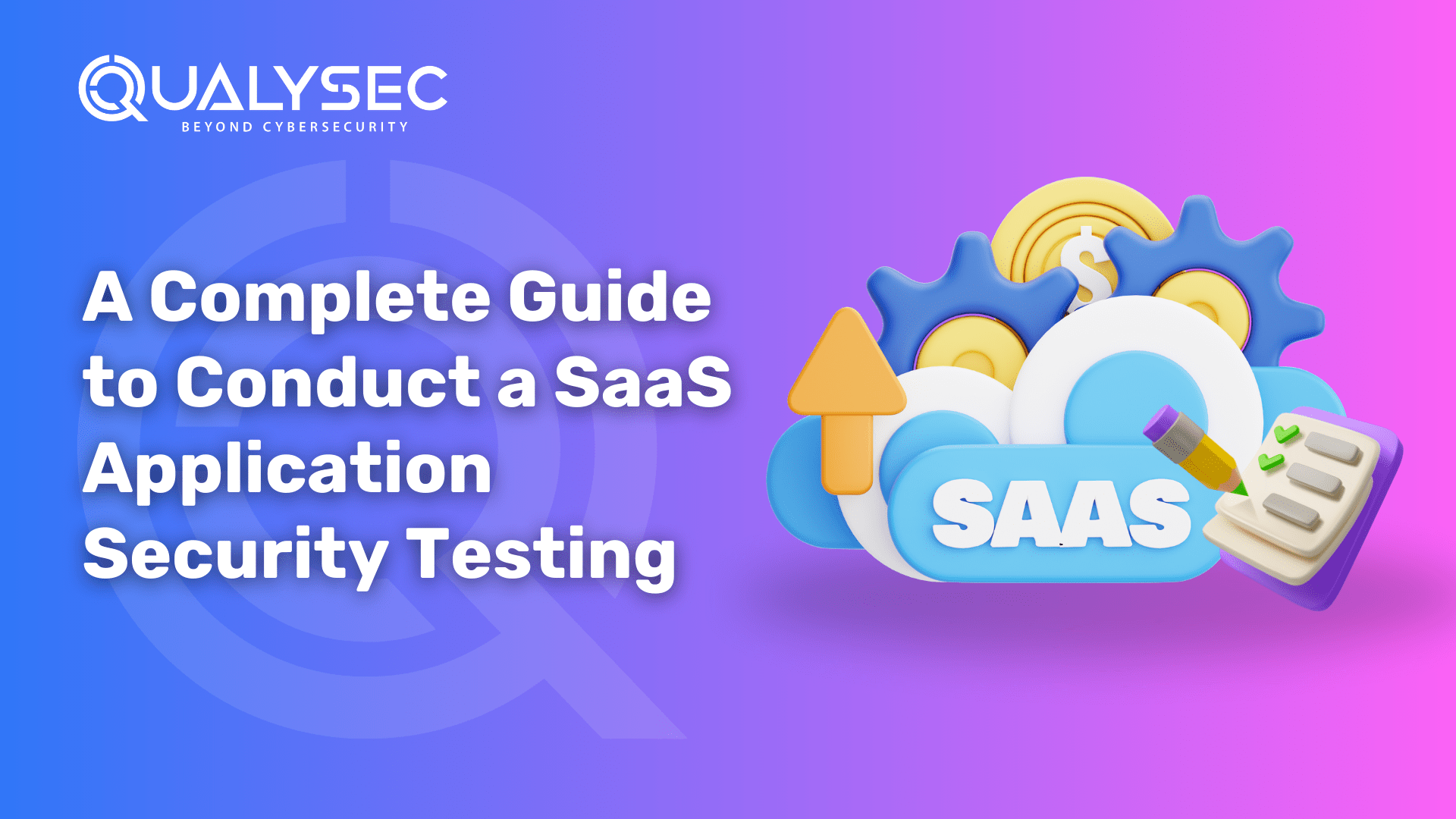





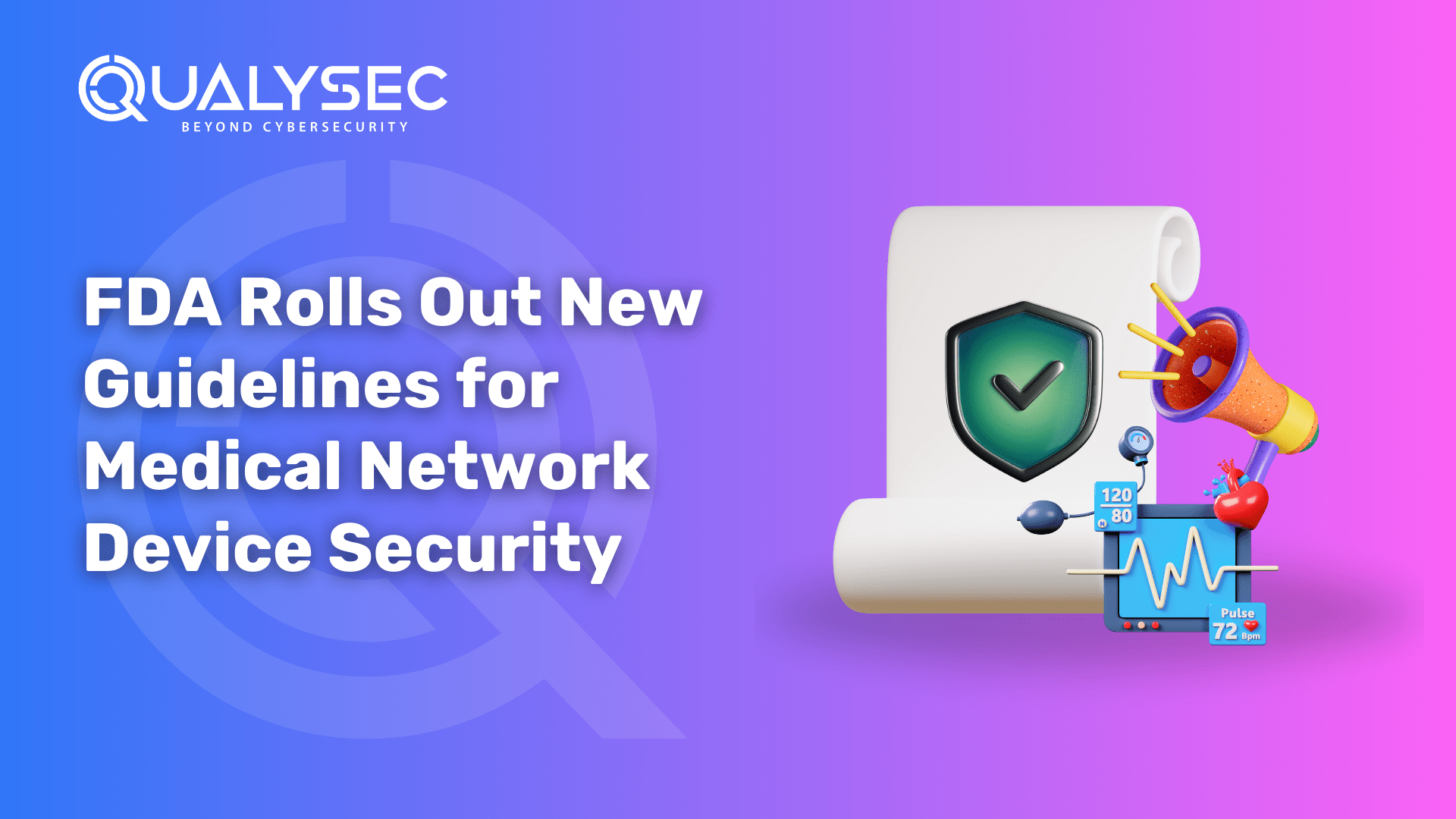





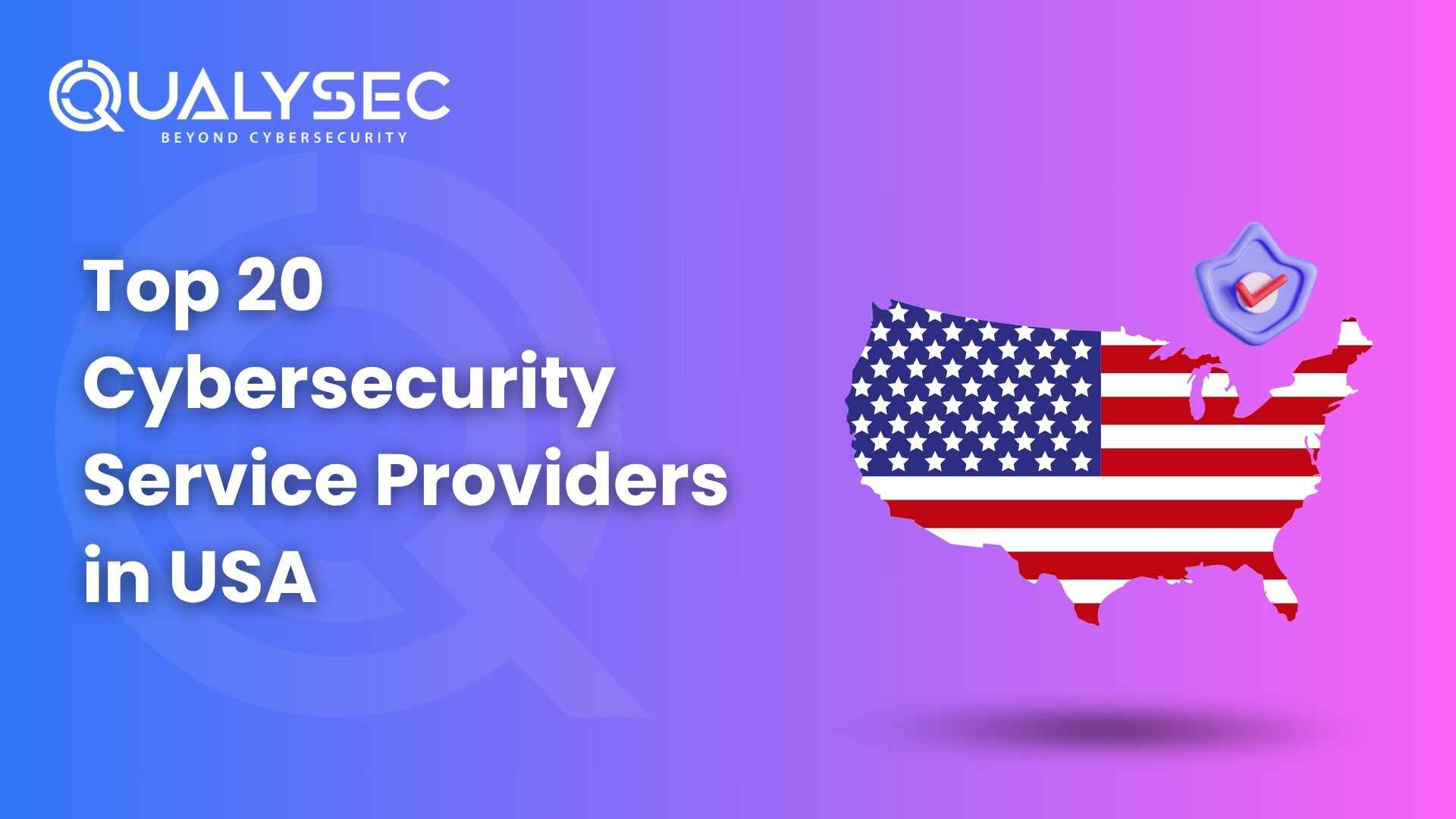










































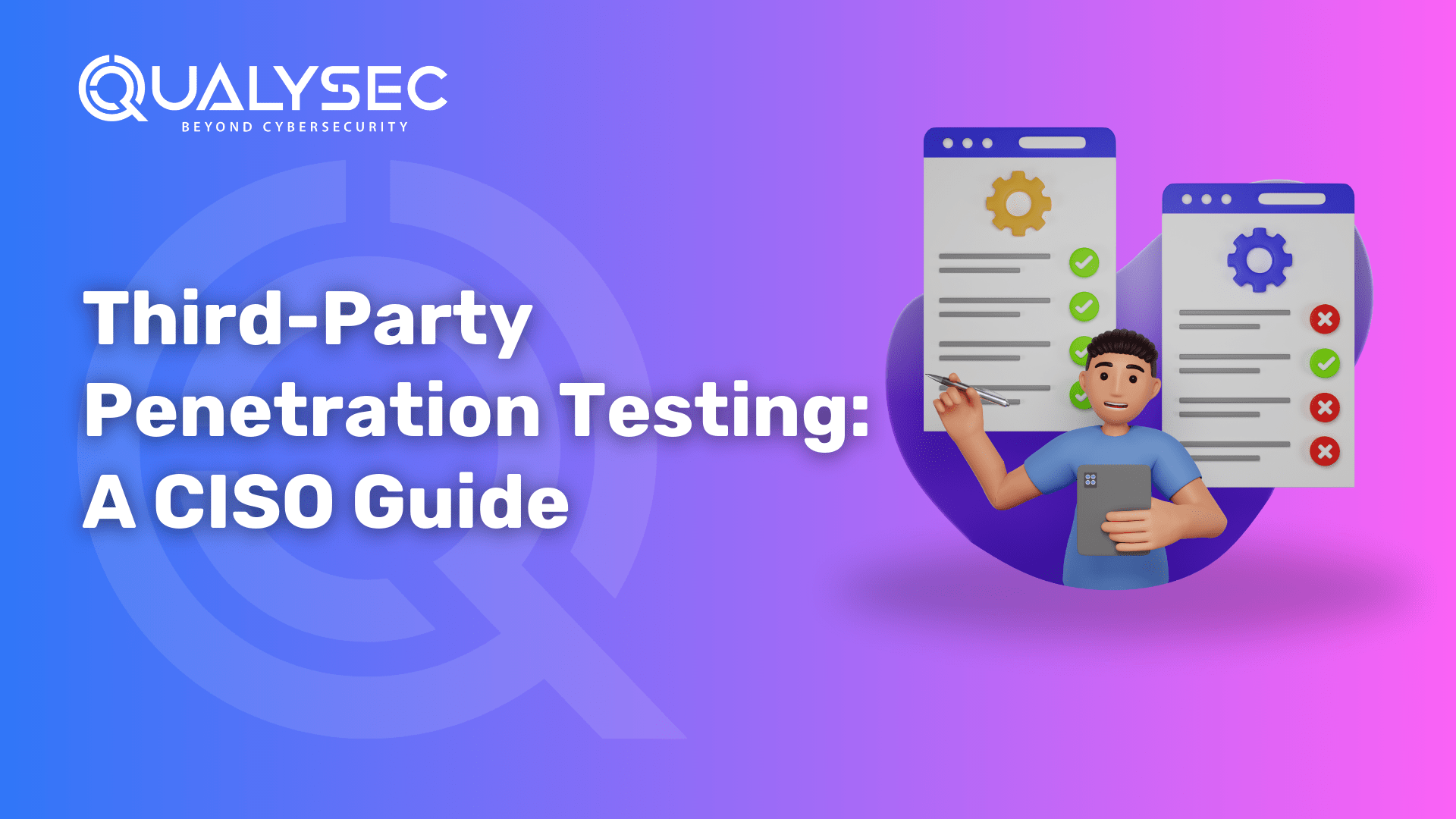




































































































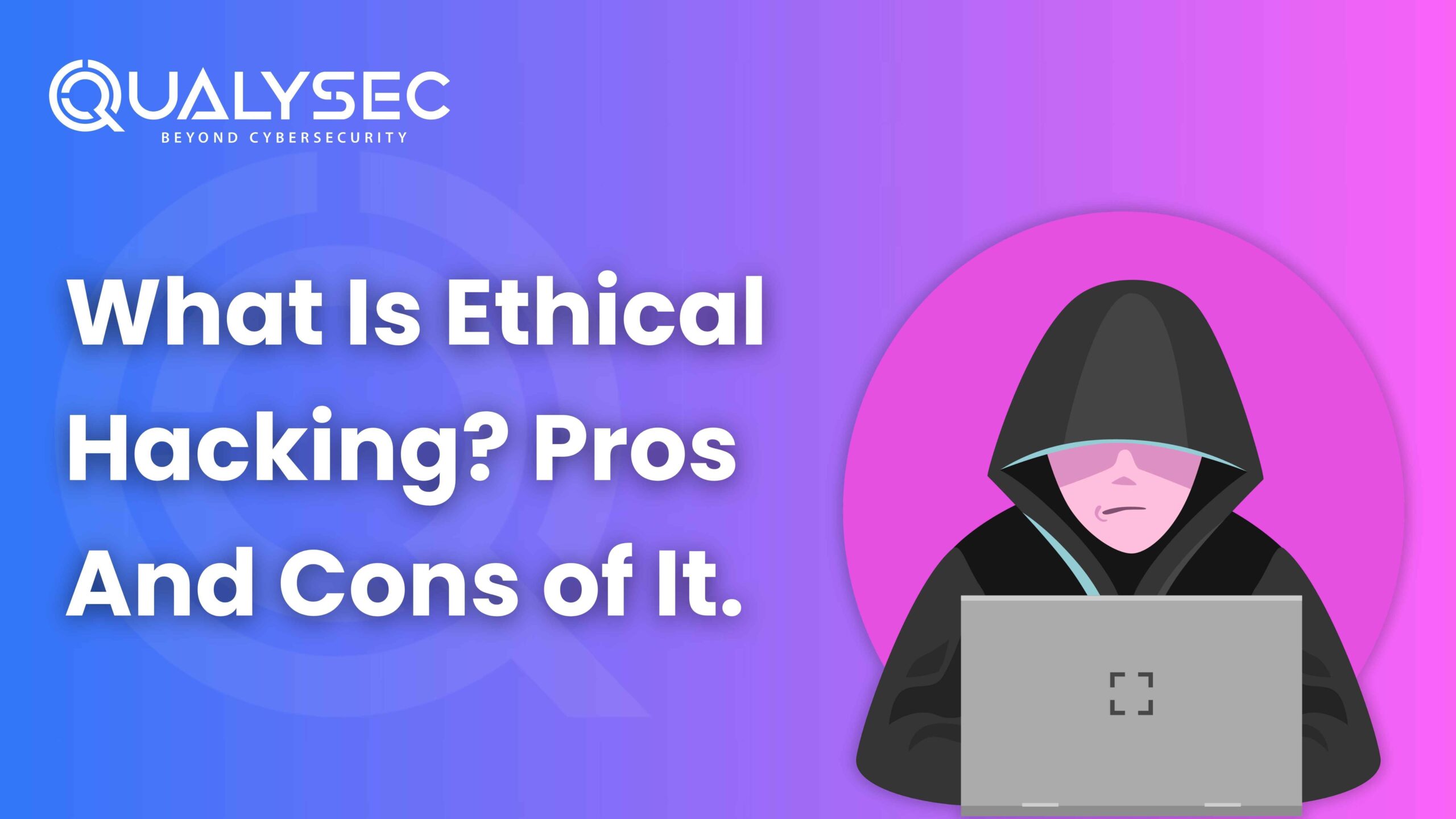







































0 Comments